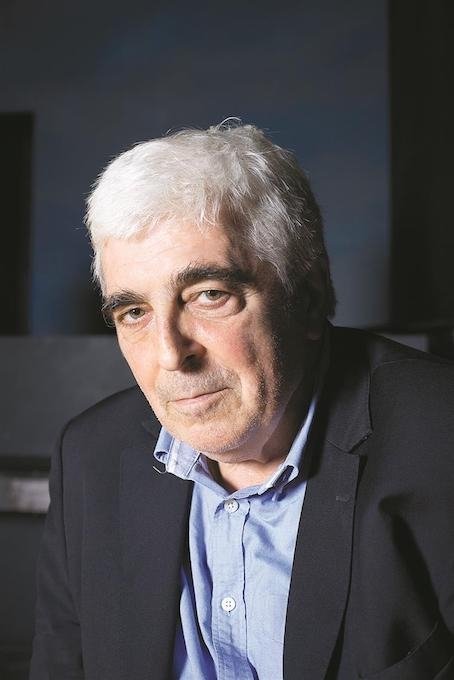
Luis Miguel Cintra
An iconic actor and stage director in Portugal, Luís Miguel Cintra was born in Madrid, in 1949. His connection to theater began in 1968, at the Faculty of Letters Theater Group, when he was studying Romance Philology at the University of Lisbon. From 1970 to 1972, he attended the Acting Technical Course, in the Bristol Old Vic Theatre School, thanks to a scholarship from the Calouste Gulbenkian Foundation. When he returned to Portugal, he founded, along with Jorge Silva Melo, the Teatro da Cornucópia Company, in 1973, where he directed plays by some of the great names in theater, including Aeschylus, Sophocles, Shakespeare, Brecht, Beckett, Strindberg, and many others, almost always participating as an actor in the plays he directed. At the same time, until the 80s, he was a theater critic for O Tempo e o Modo magazine and he managed the Seara Nova Theater Collection, from Estampa publishing house, and the Theater Collection, from Ulmeiro publishing house. As a reader, Luís Miguel Cintra recorded complete readings of Viagens na Minha Terra, by Almeida Garrett and Amor de Perdição, by Camilo Castelo Branco, as well as poems by Pessoa, Sophia de Mello Breyner, Camões, Antero de Quental and Ruy Belo. In 1987, Cintra made his debut as an opera stage director, with L'Enfant et les Sortilèges, by Ravel and Dido and Aeneas, by Purcell, at the Teatro Nacional de S. Carlos. In the following years, he directed operas by Mozart, Haydn, Cherubini, among others. He worked with the Teatro Nacional de S. Carlos Choir and the Gulbenkian Choir, as a reader, in recitals by authors such as Schubert, Liszt, Sati and Poulenc. In 1984, he entered the Venice Biennial Theater Festival with his group and in 1988 he directed the show La Mort du Prince et Autres Fragments, by Fernando Pessoa, for the Avignon Festival. Later, he kept on presenting plays in Italy, France, Spain and. Belgium In addition to the theater, Luís Miguel Cintra began his career in cinema early, making his debut in a short film by João César Monteiro. From that point until now, he worked in over 70 films, with directors like the aforementioned João César Monteiro, Paulo Rocha, Manoel de Oliveira, Joaquim Pinto, João Botelho, Teresa Villaverde, Pedro Costa and the American John Malkovich. His many awards include two Bordalo da Casa da Imprensa Awards for Best Acting in Film (1995) and Best Acting in Theater (1997), two Globos de Ouro for Theater Personality of the Year (1999) and Best Theater Actor (2003), the Coimbra University Award and the Pessoa Prize, both in 2005. The LEFFEST will pay tribute to Luís Miguel Cintra’s work as an actor, through a selection of films he starred in; and as a stage director, showing recordings of some of the plays, followed by discussions with the audience and several actors he worked with.

Word and Utopia
(Padre António Vieira (middle age))
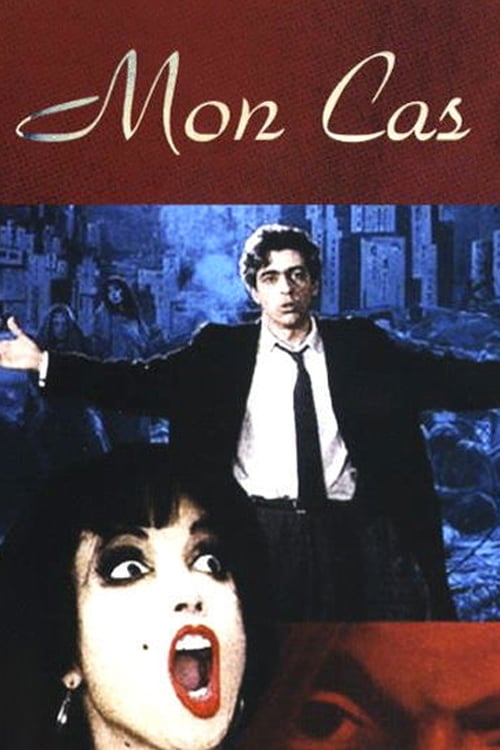
My Case
(L'Intrus)
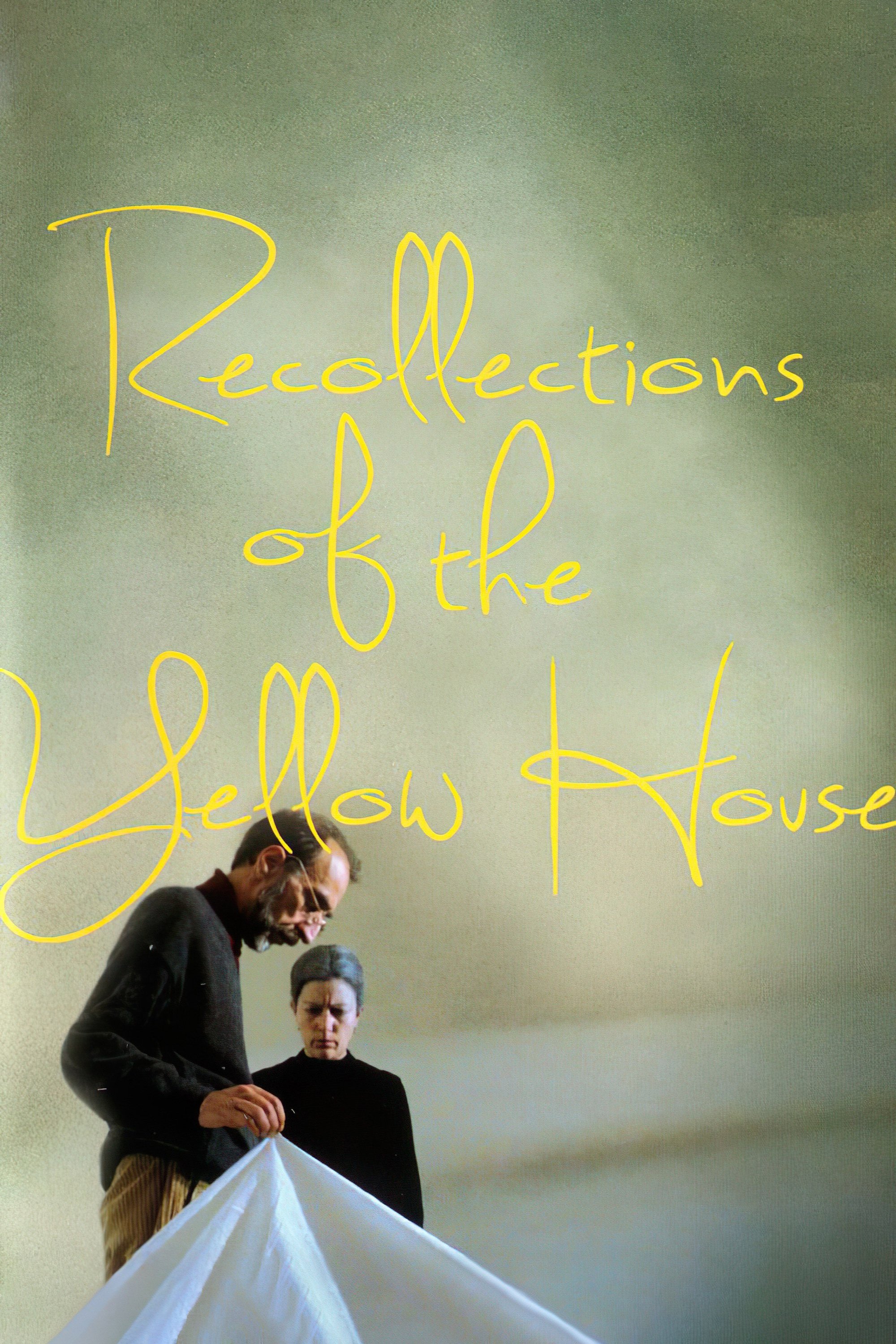
Recollections of the Yellow House
(Lívio)
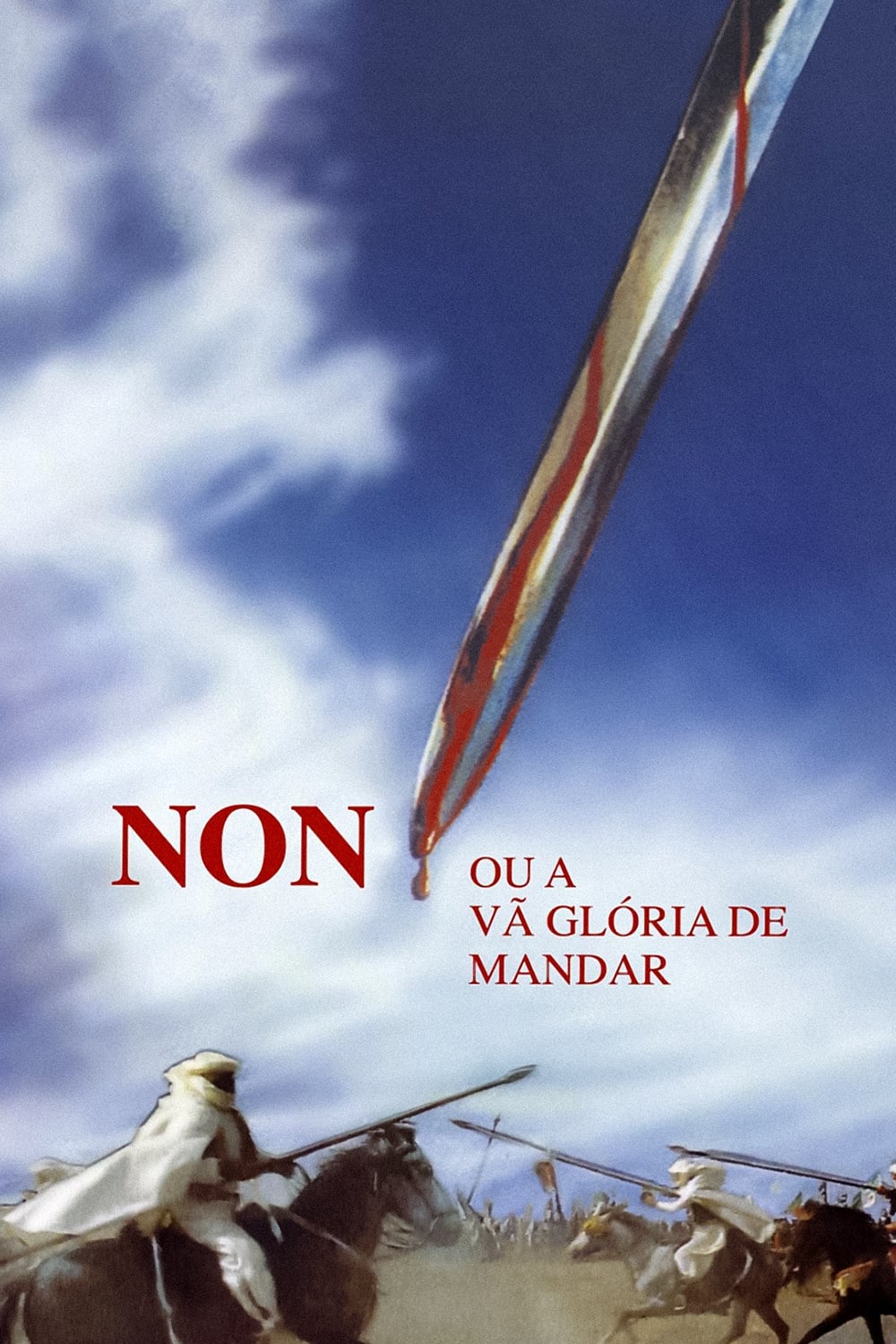
No, or the Vain Glory of Command
(2nd Lt. Cabrita / Viriato / King John II of Portugal)
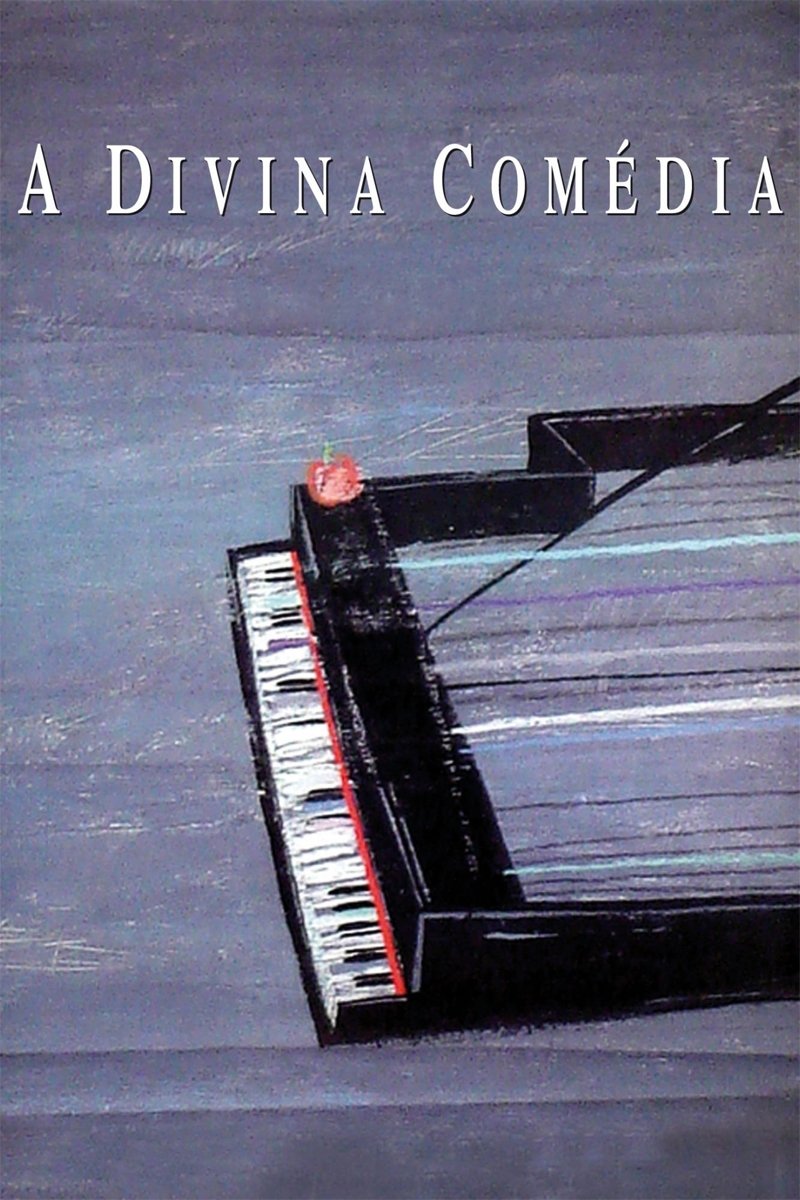
The Divine Comedy
(Prophet)
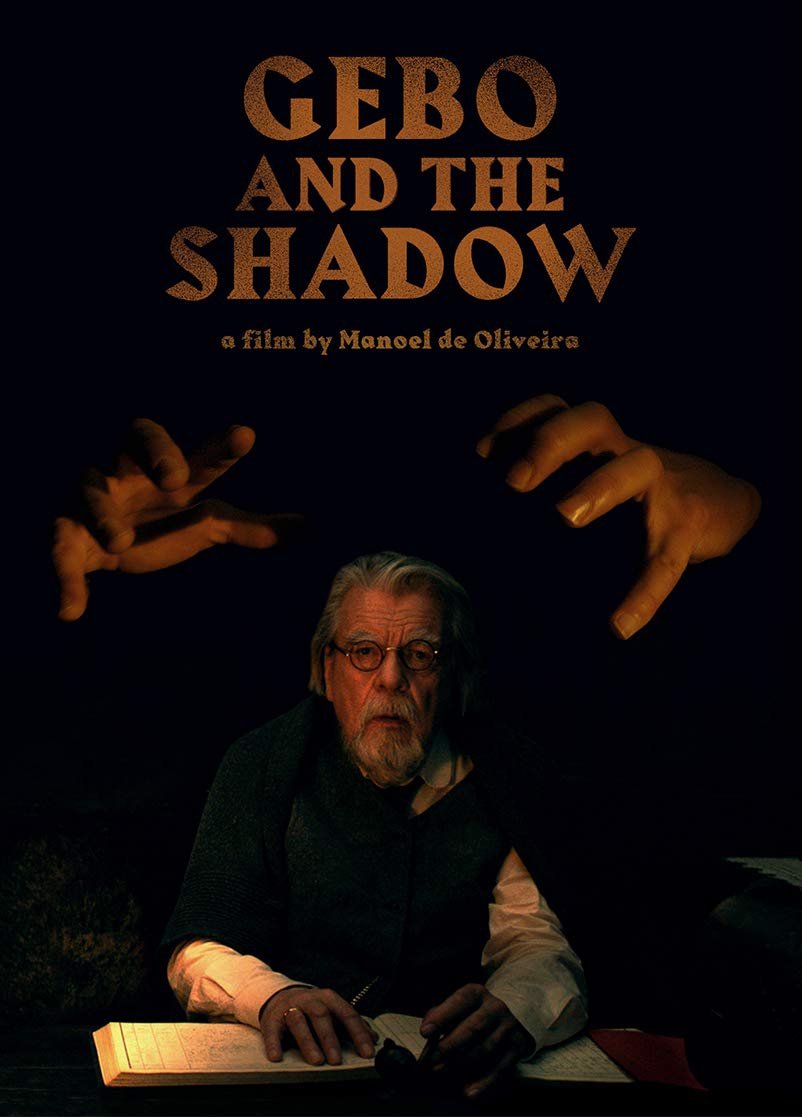
Gebo and the Shadow
(Chamico)
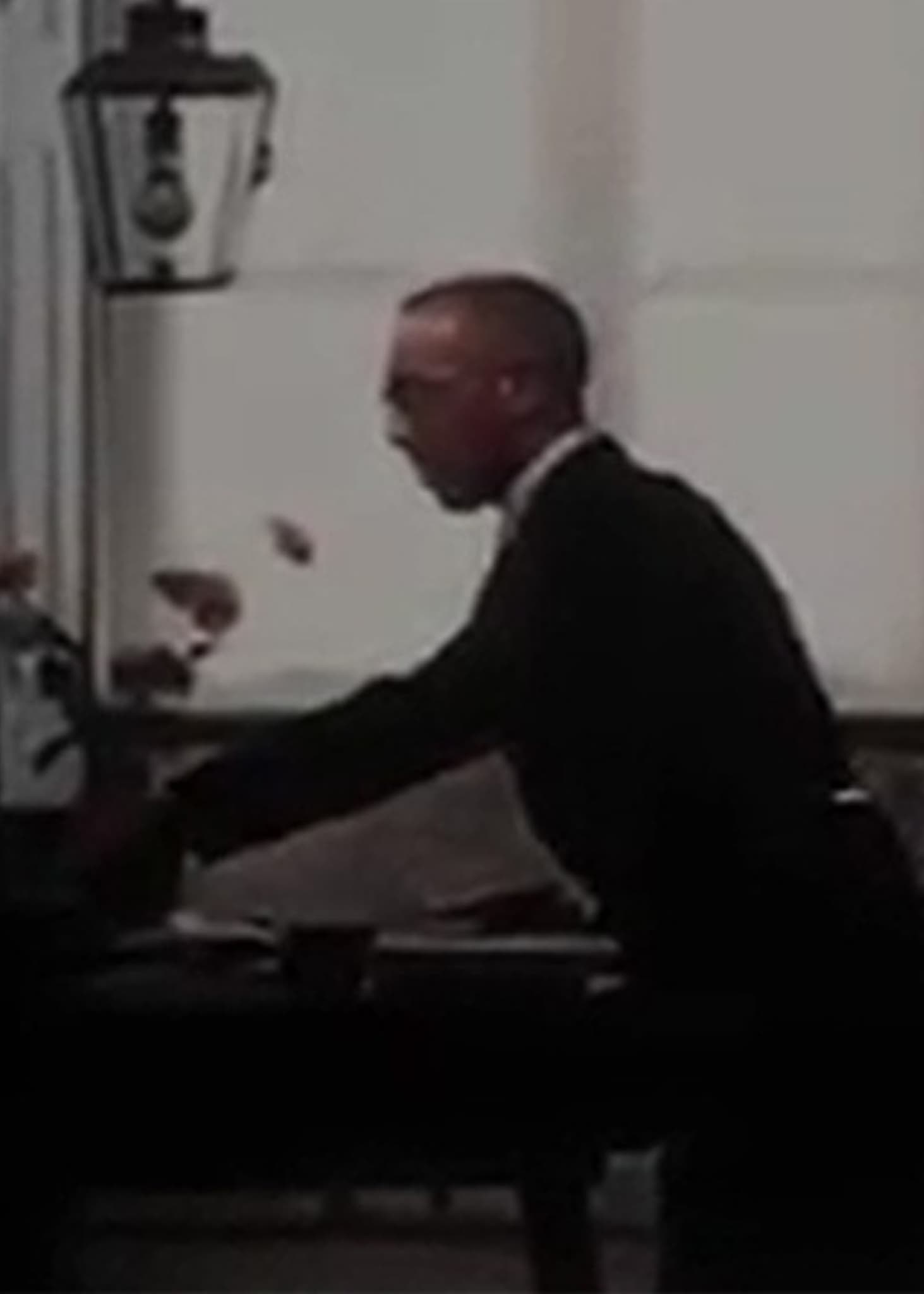
Romance de Vila do Conde
(Narrator)
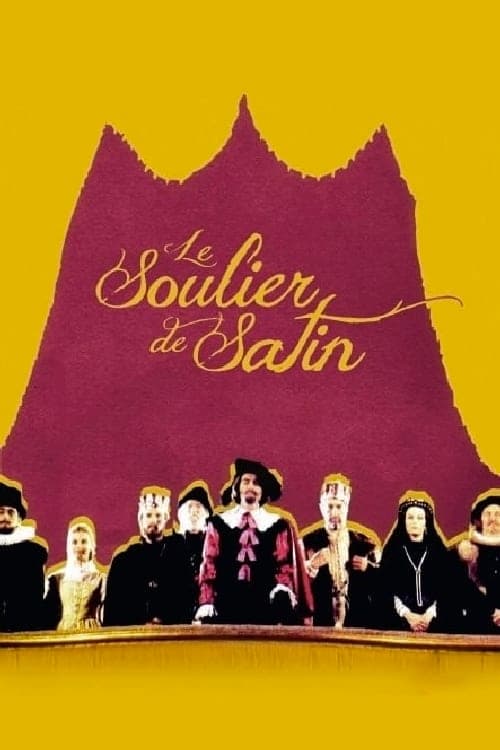
The Satin Slipper
(Don Rodrigue)
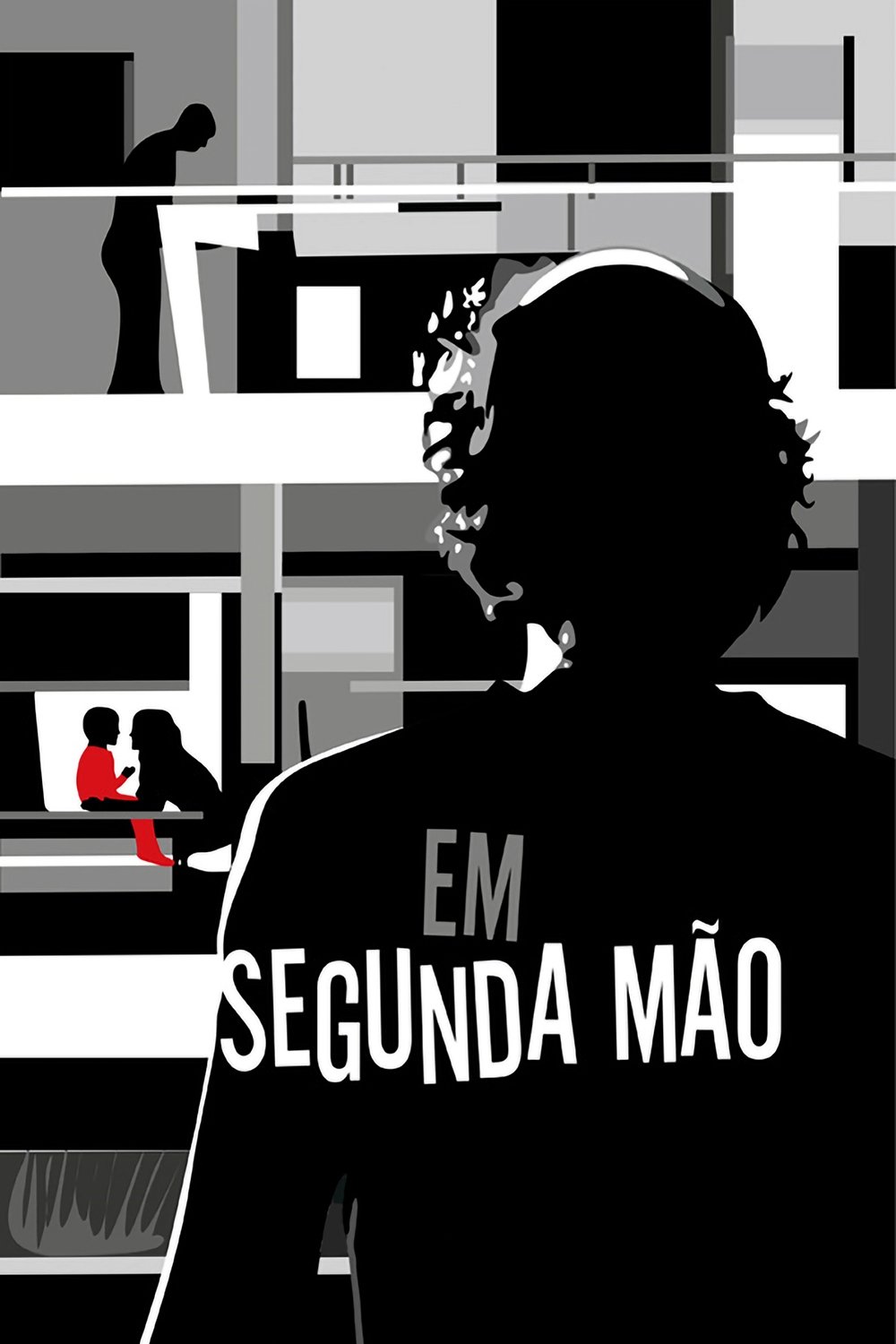
Second Hand
(Henrique Castro Lima)
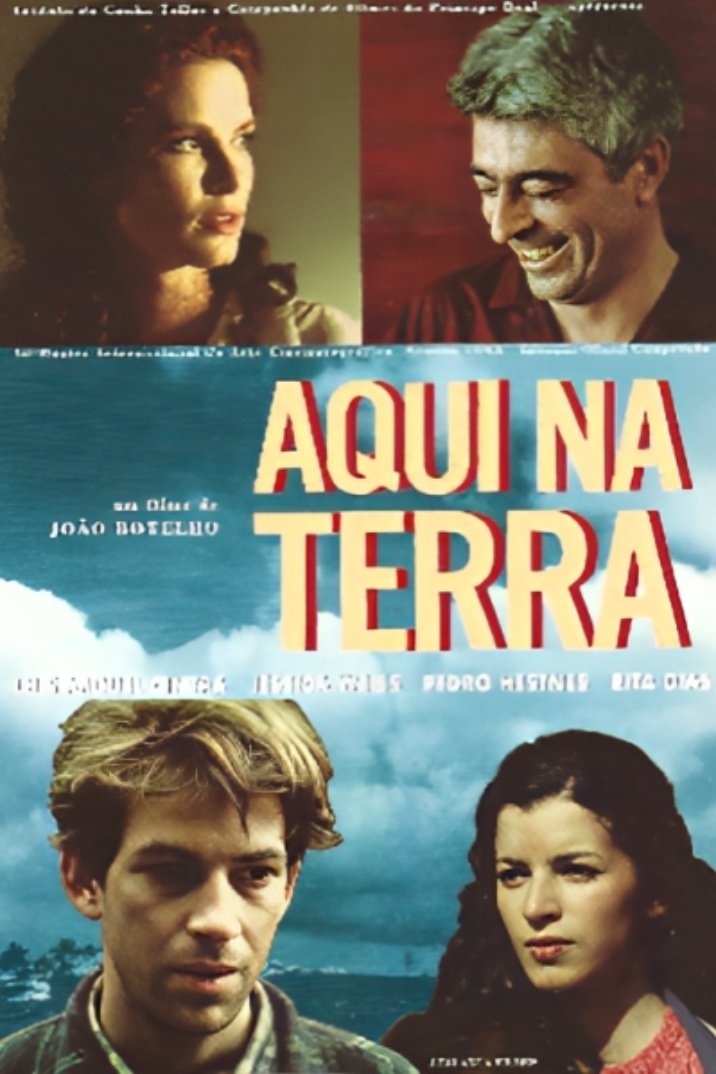
Here on Earth
(Miguel)
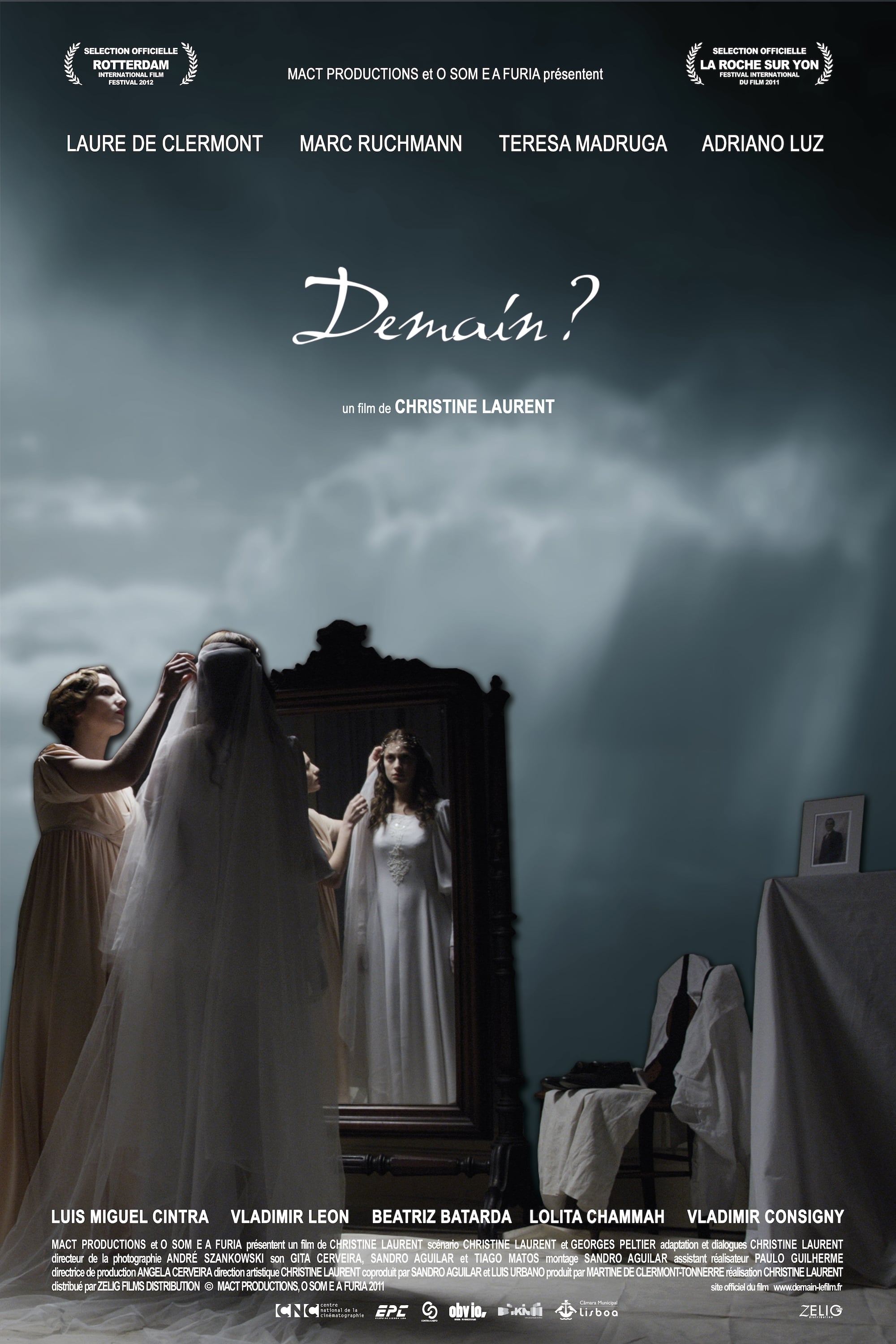
Demain?
(Ruben Dario)
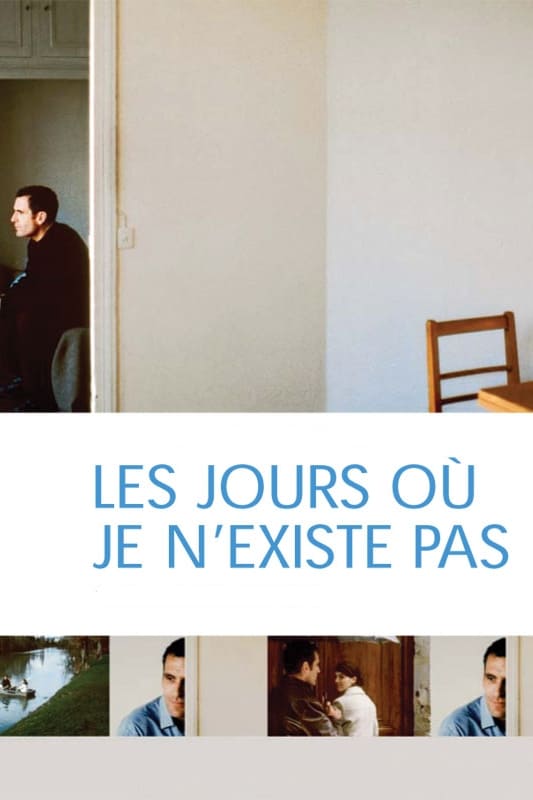
The Days When I Don’t Exist
(L'oncle)
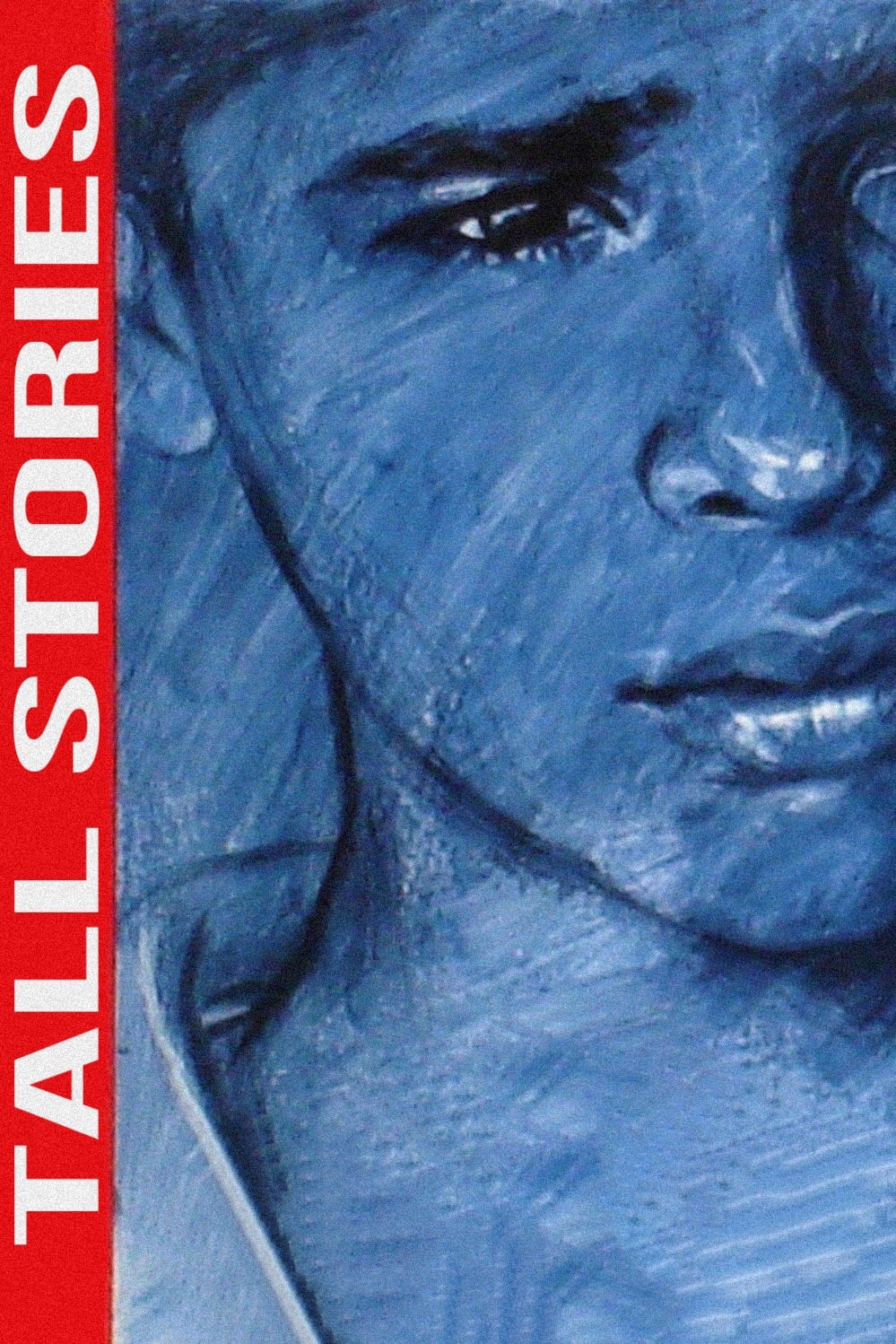
Tall Stories
(Dr. Fernando)
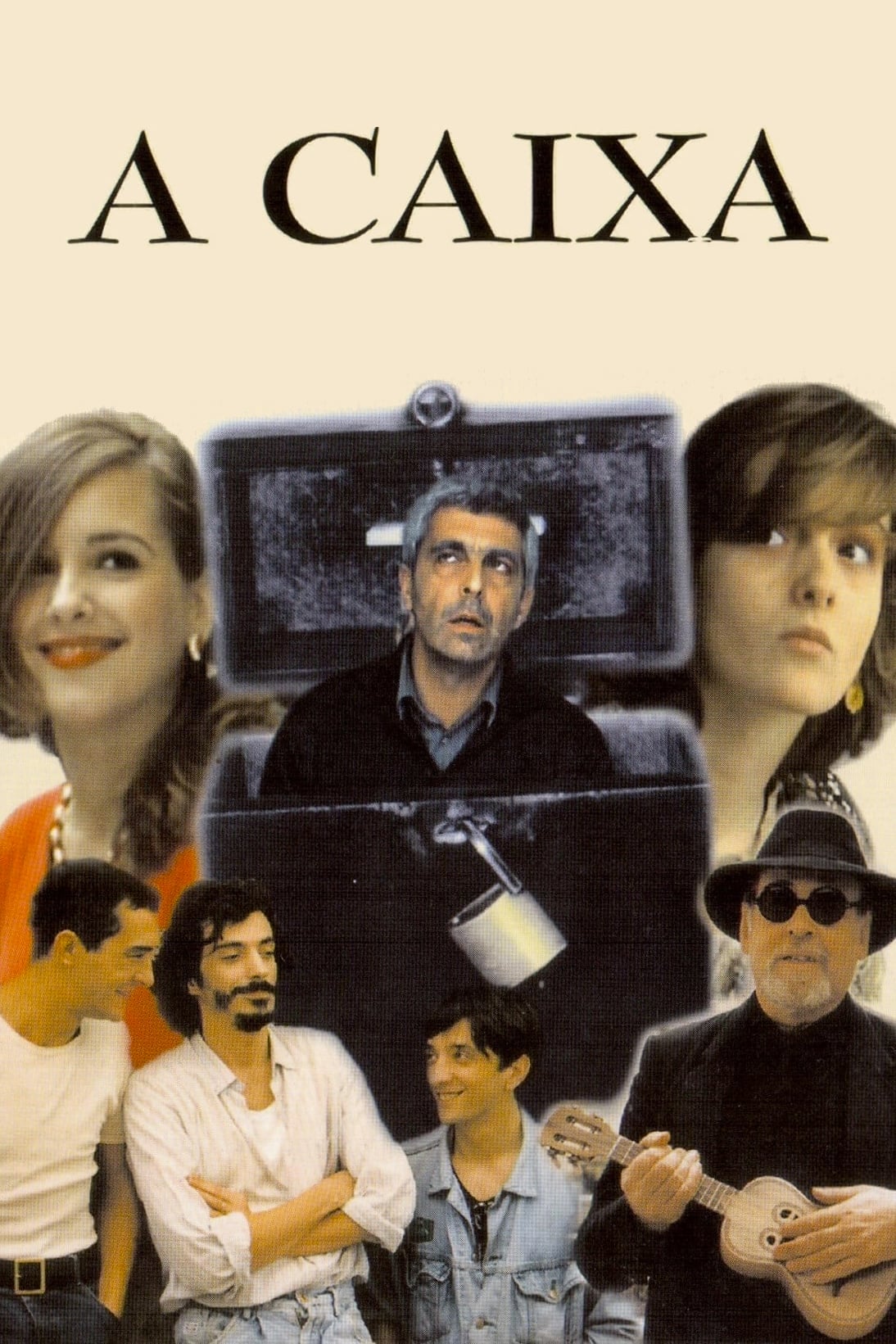
Blind Man's Bluff
(Blind Man)
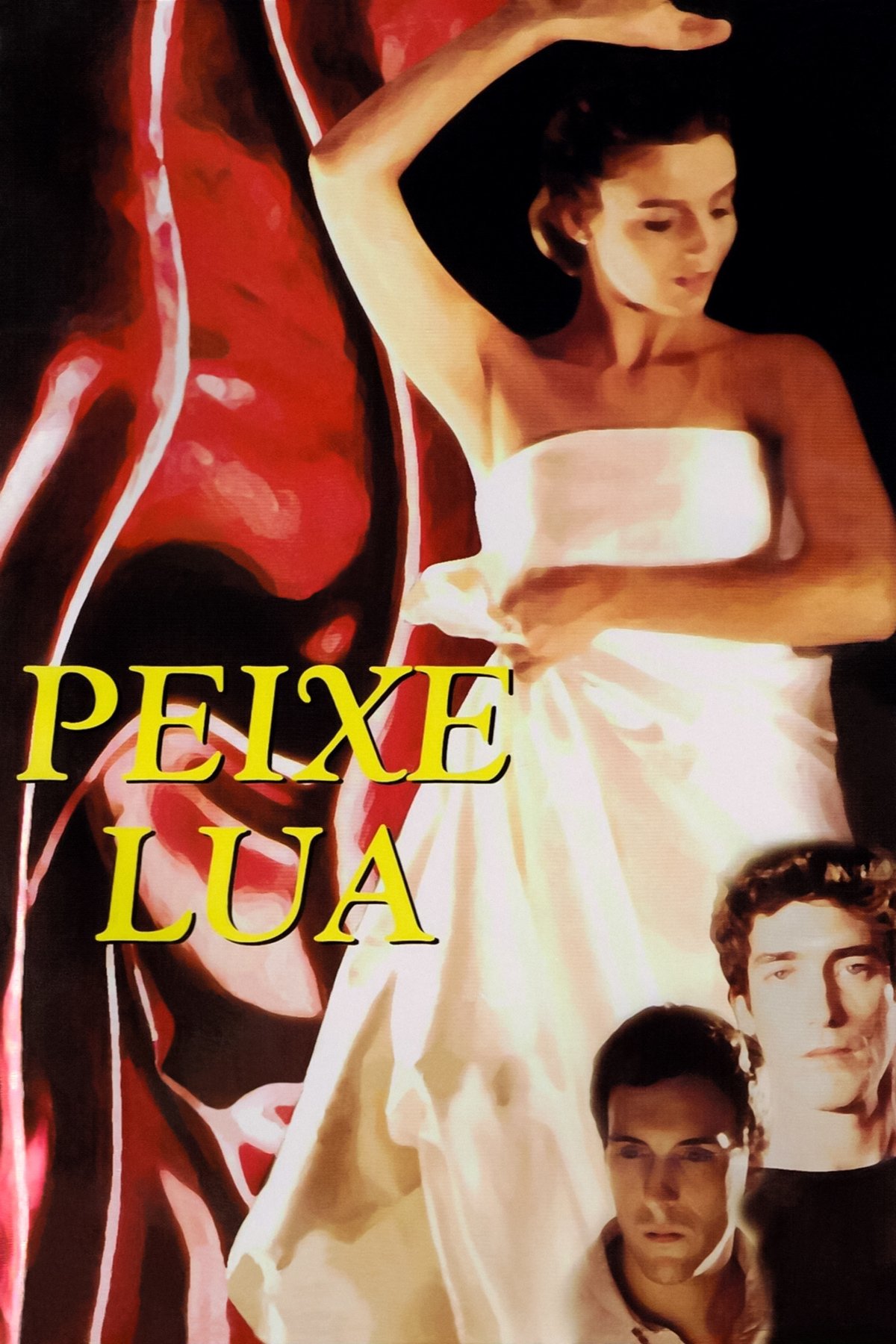
Moonfish
(Dr. João José)
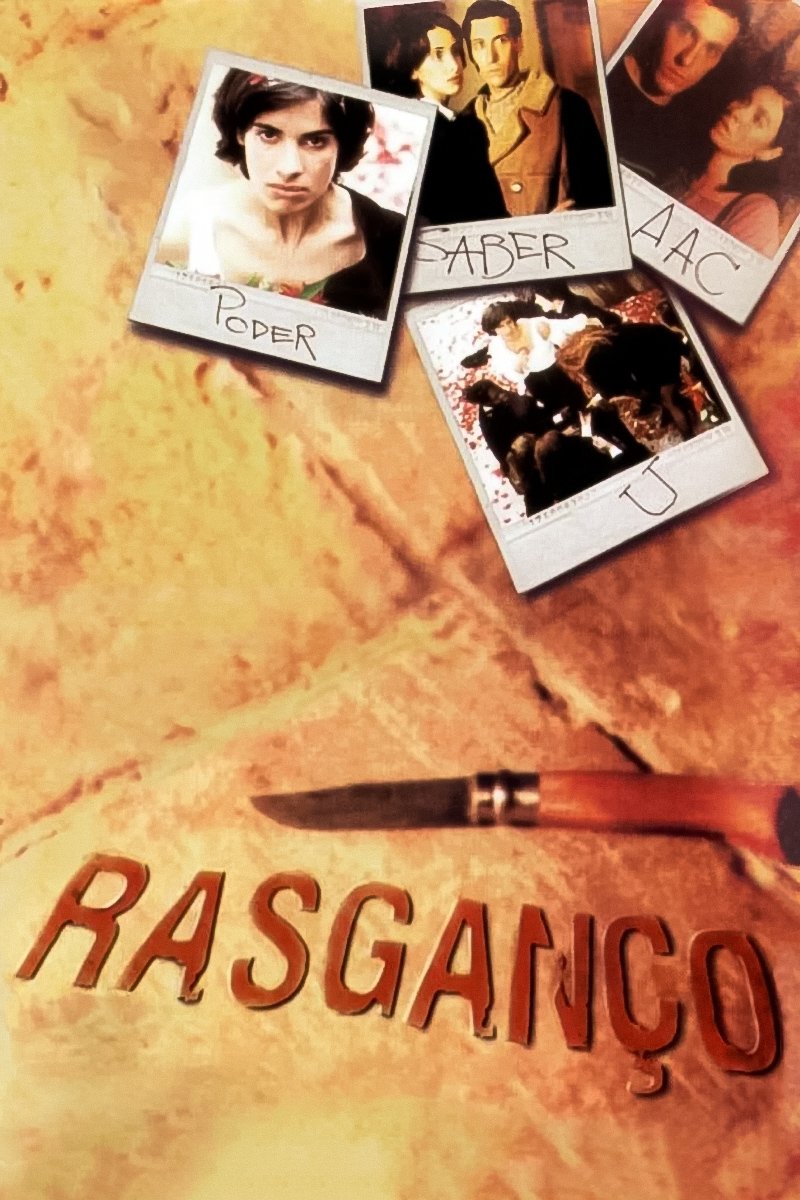
Rending
(professor)
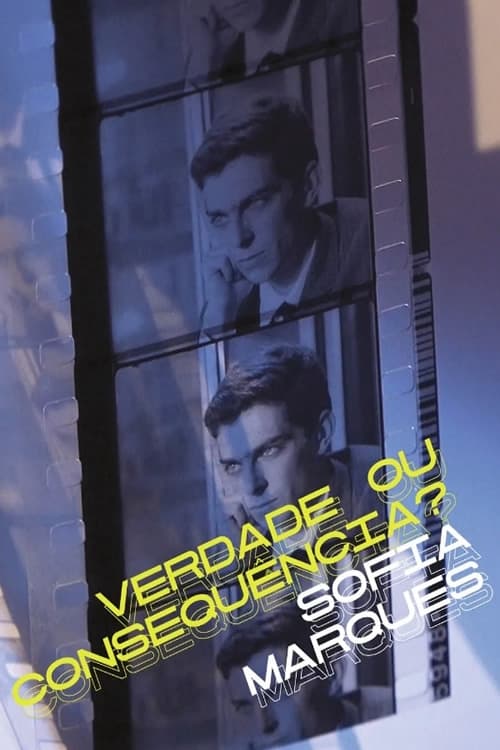
Truth or Dare?
(Self)
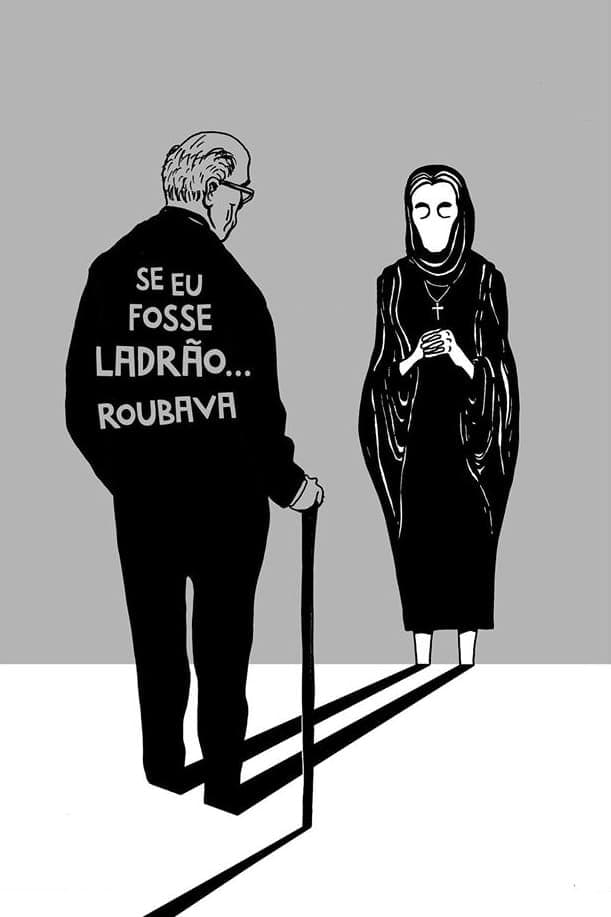
If I Were a Thief... I'd Steal
(Vitalino)
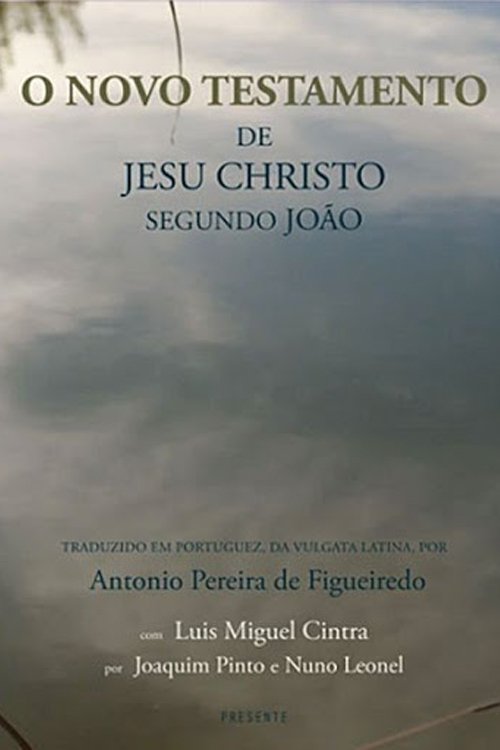
The New Testament of Jesus Christ According to John
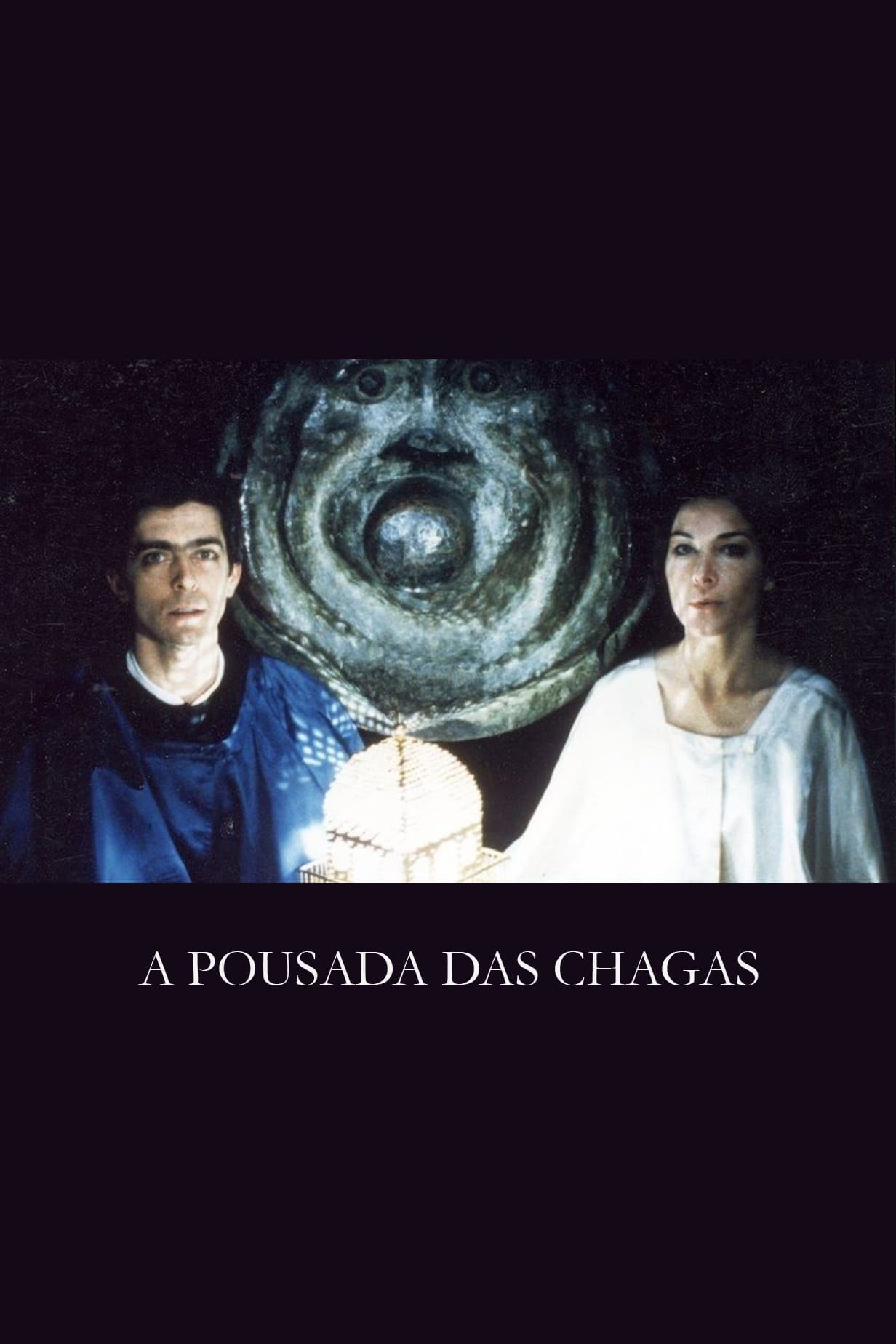
A Pousada das Chagas
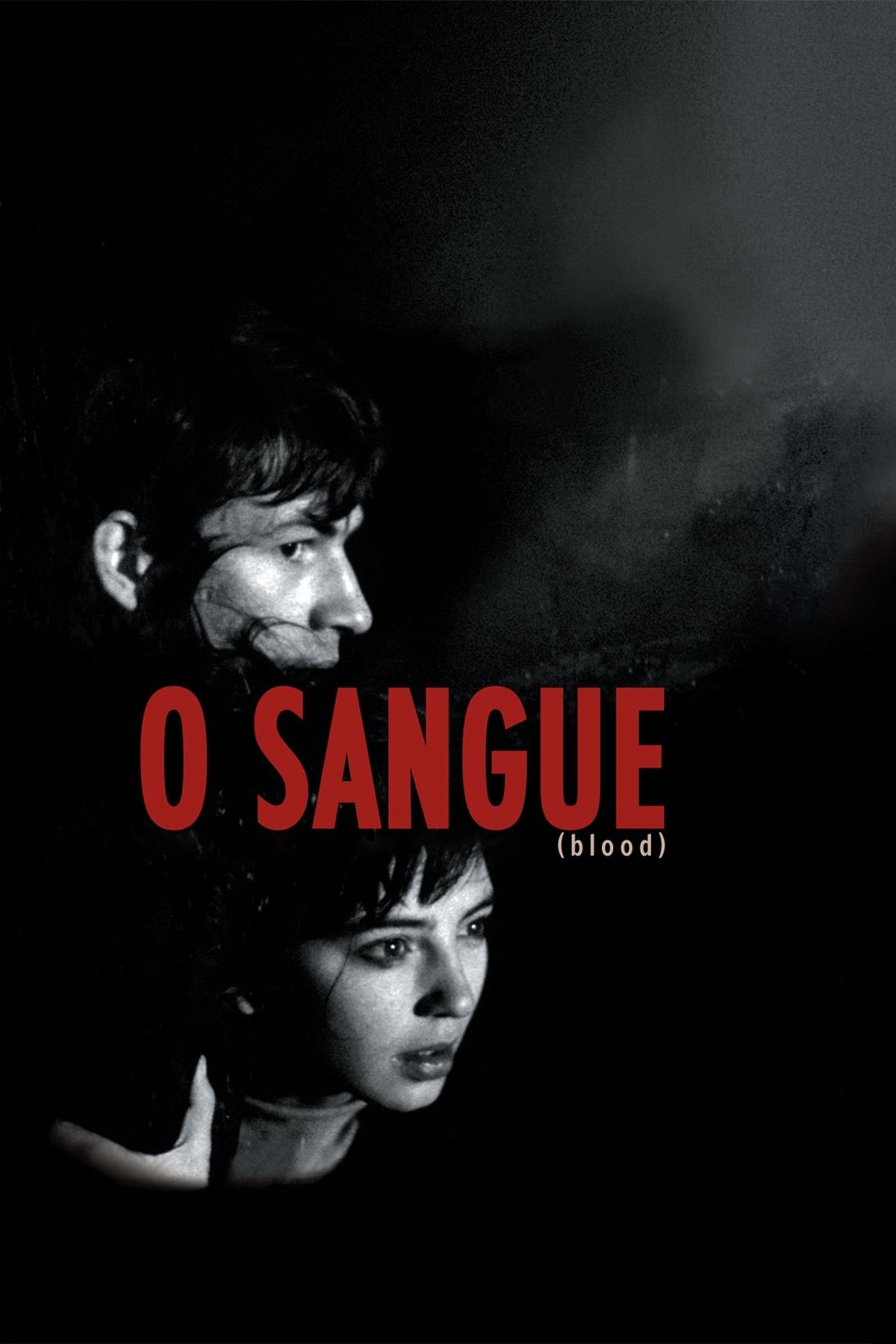
Blood
(The Uncle)
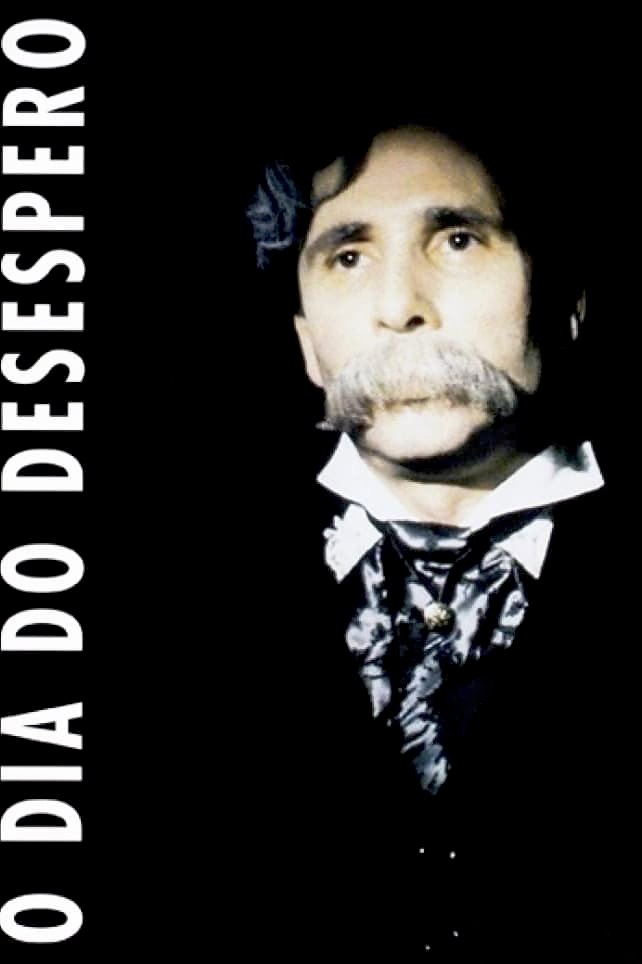
Day of Despair
(Freitas Fortuna)
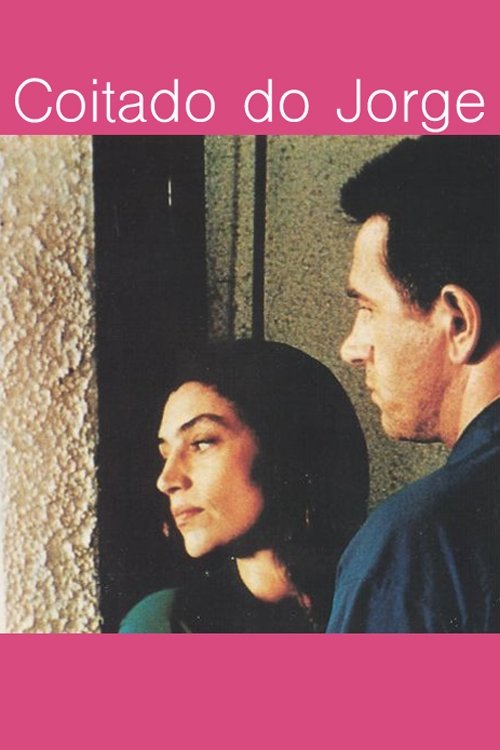
Poor George
(Highschool Teacher Luis)
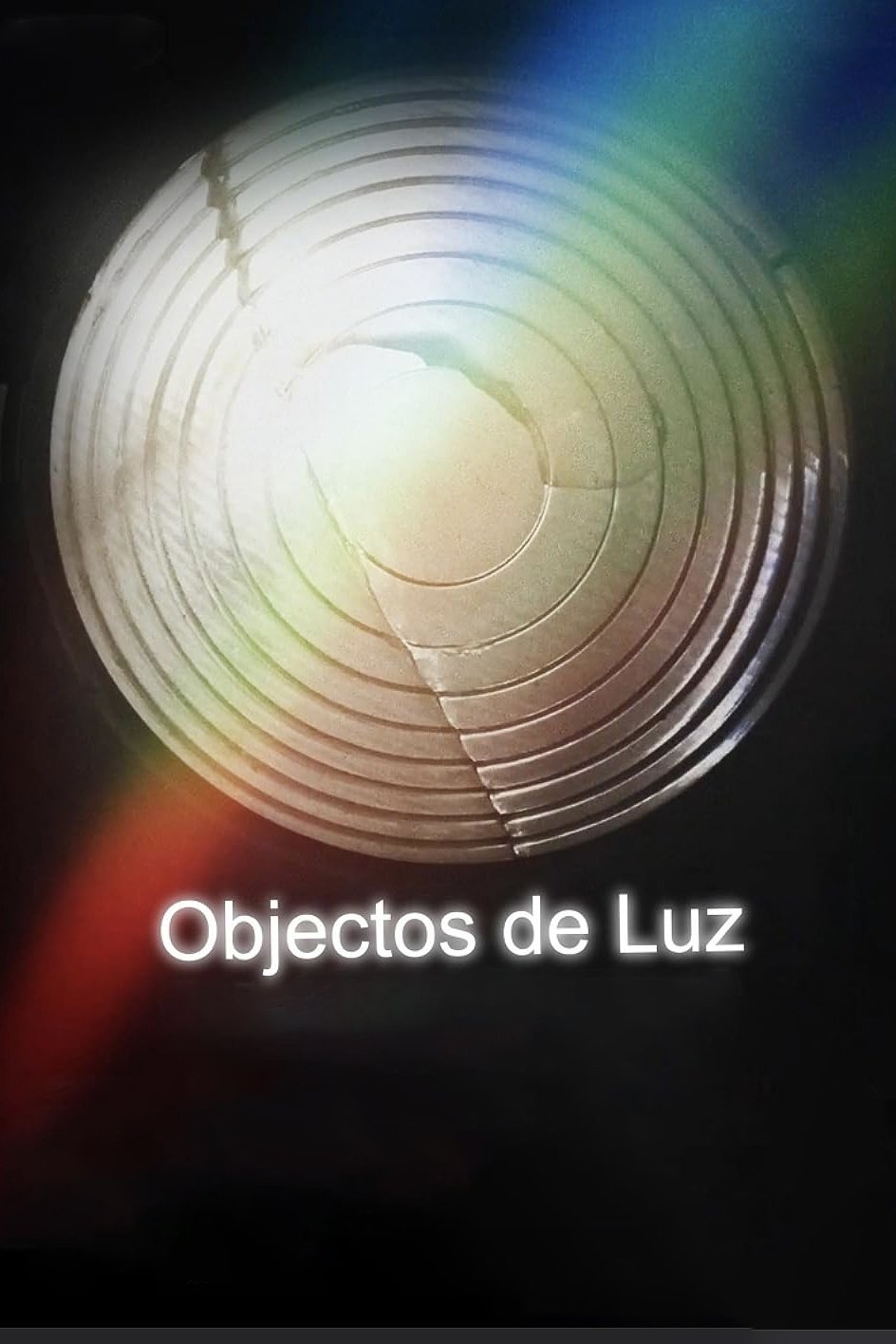
Love Lights
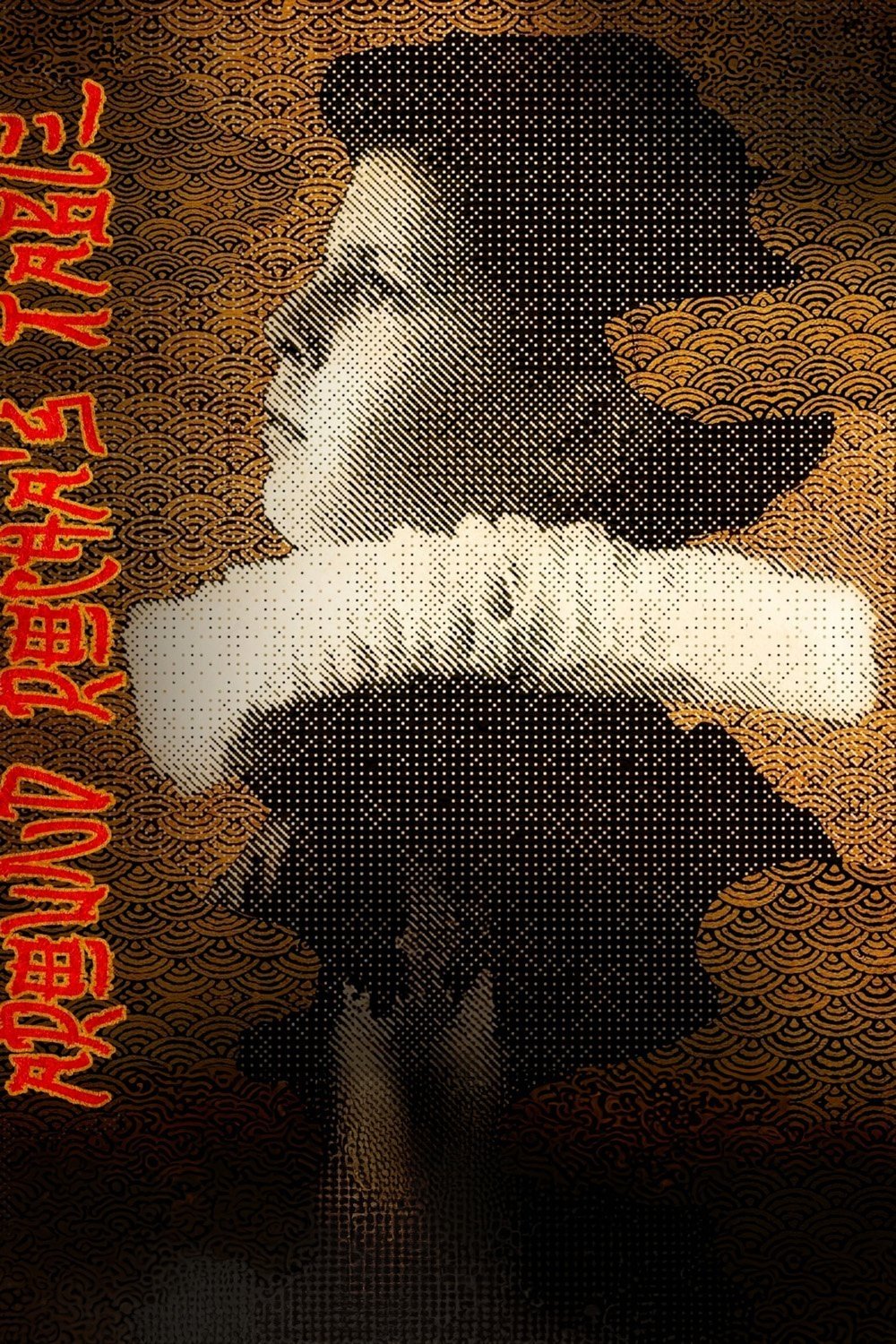
Around Rocha’s Table
(Self)
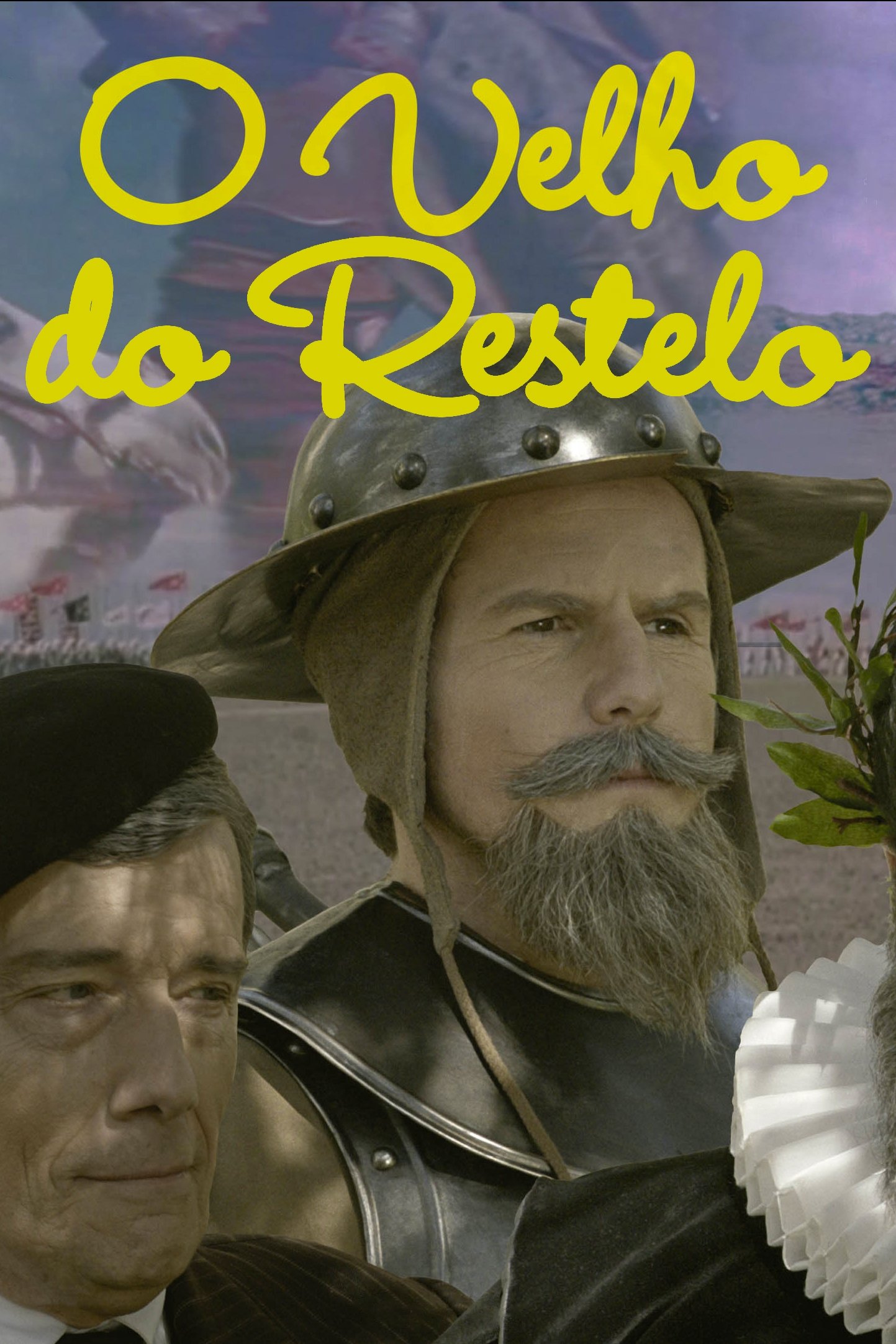
The Old Man of Belem
(Luís de Camões)

Where the Sun Beats
(Artur (voice))
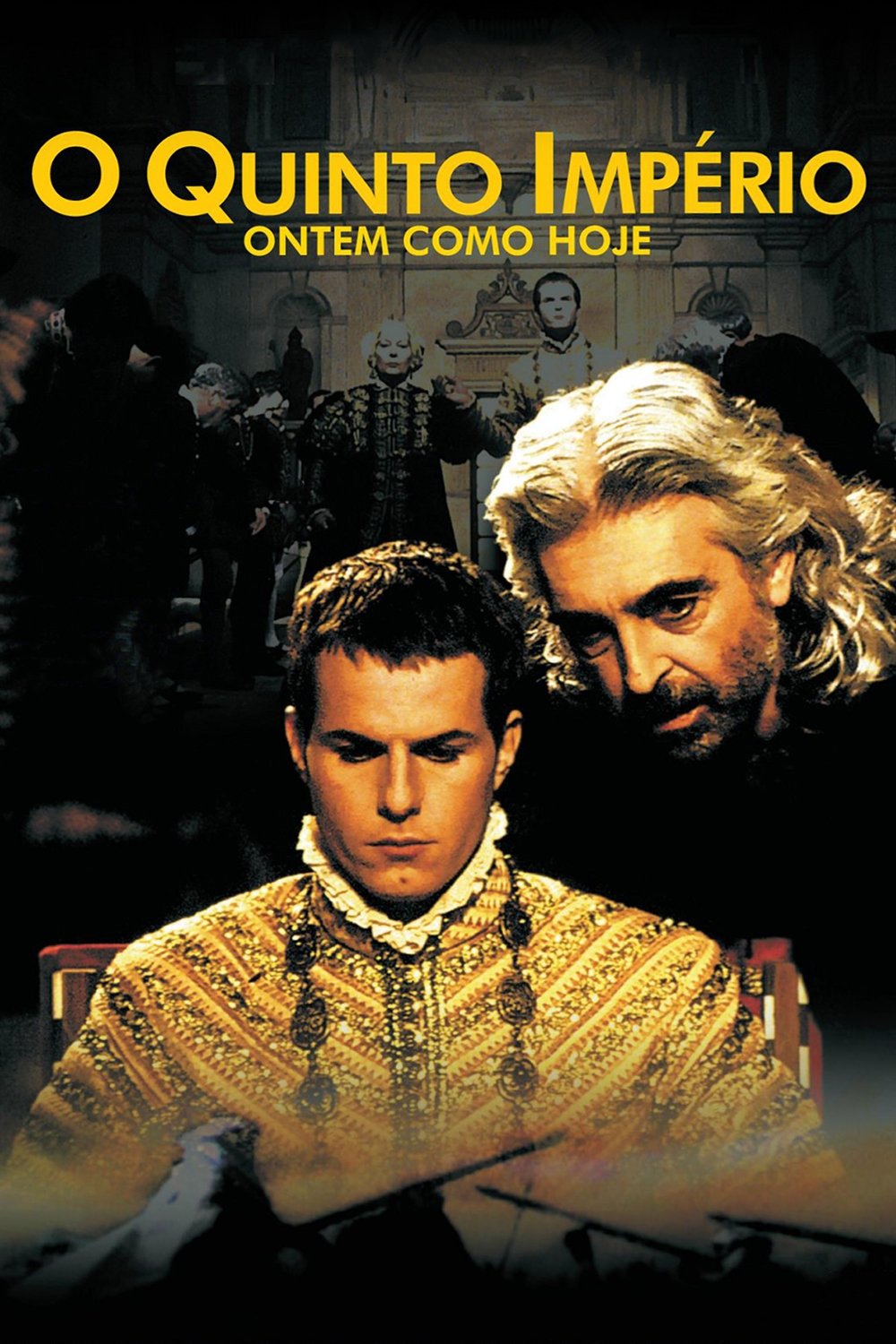
The Fifth Empire
(Simão, Sapateiro Santo)
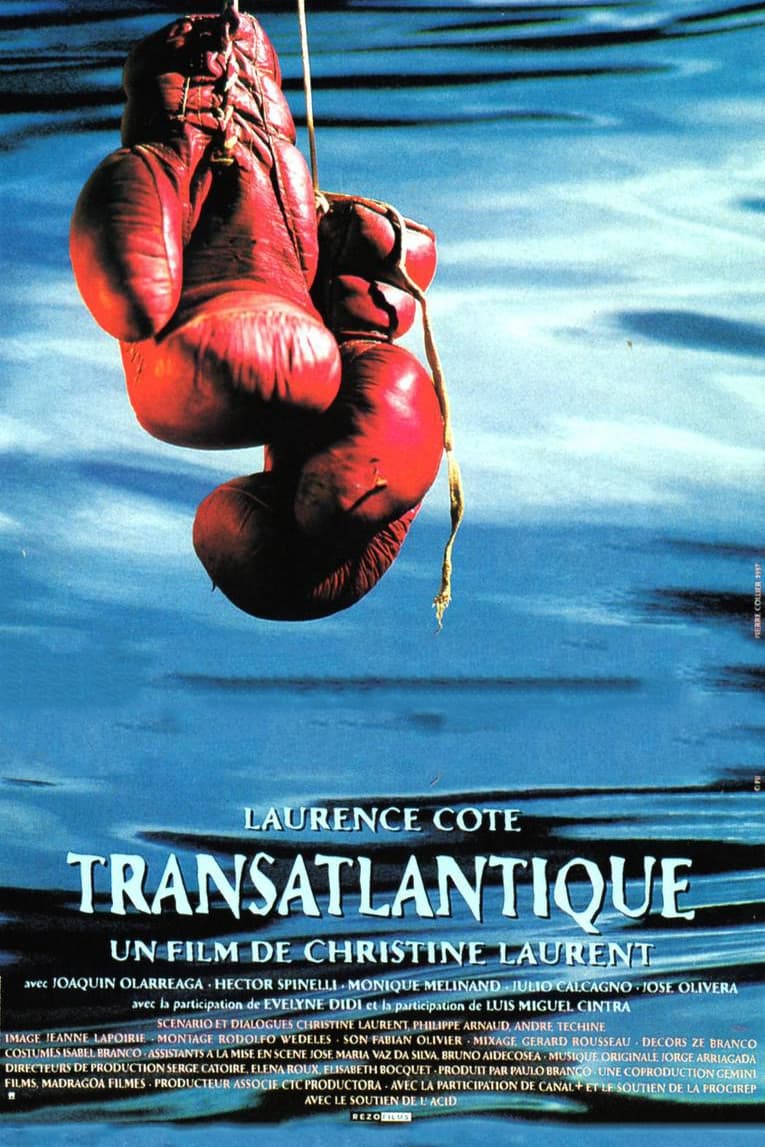
Transatlantique
(Aquilino)
Alcibíades
(Voice)
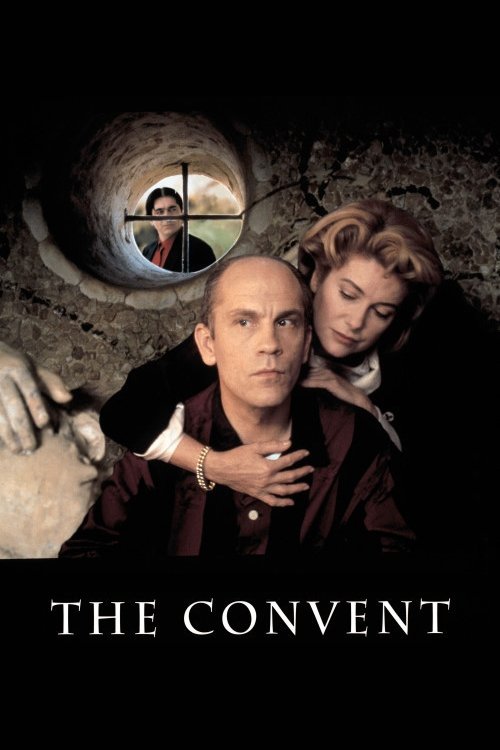
The Convent
(Baltar)
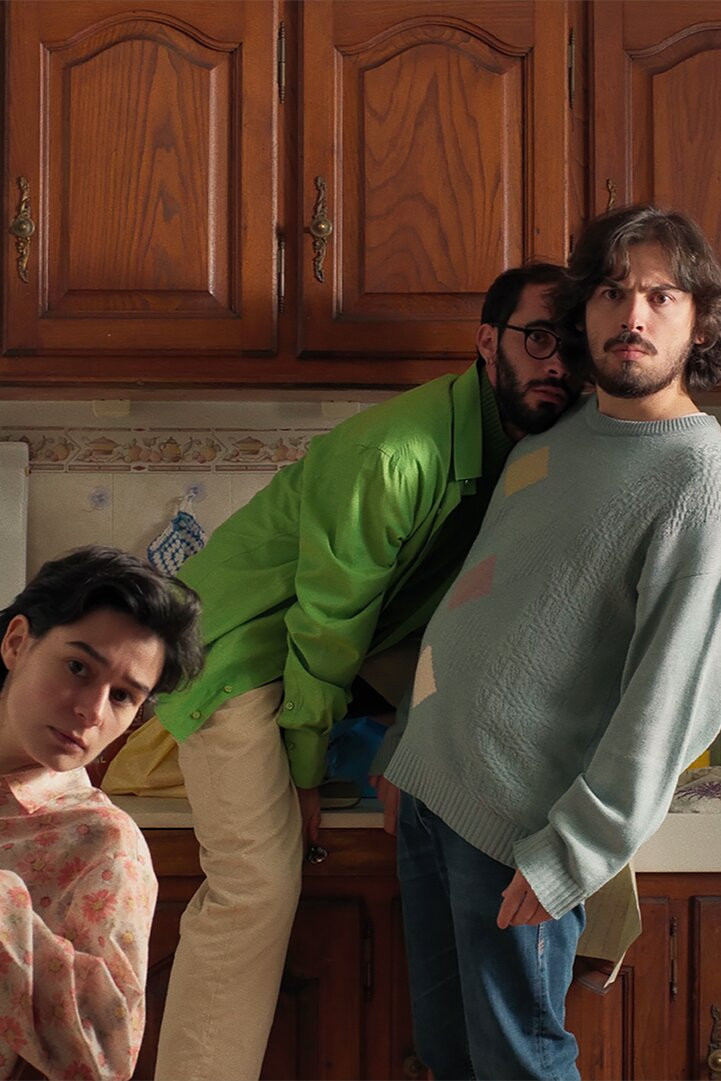
O Filme Feliz :)
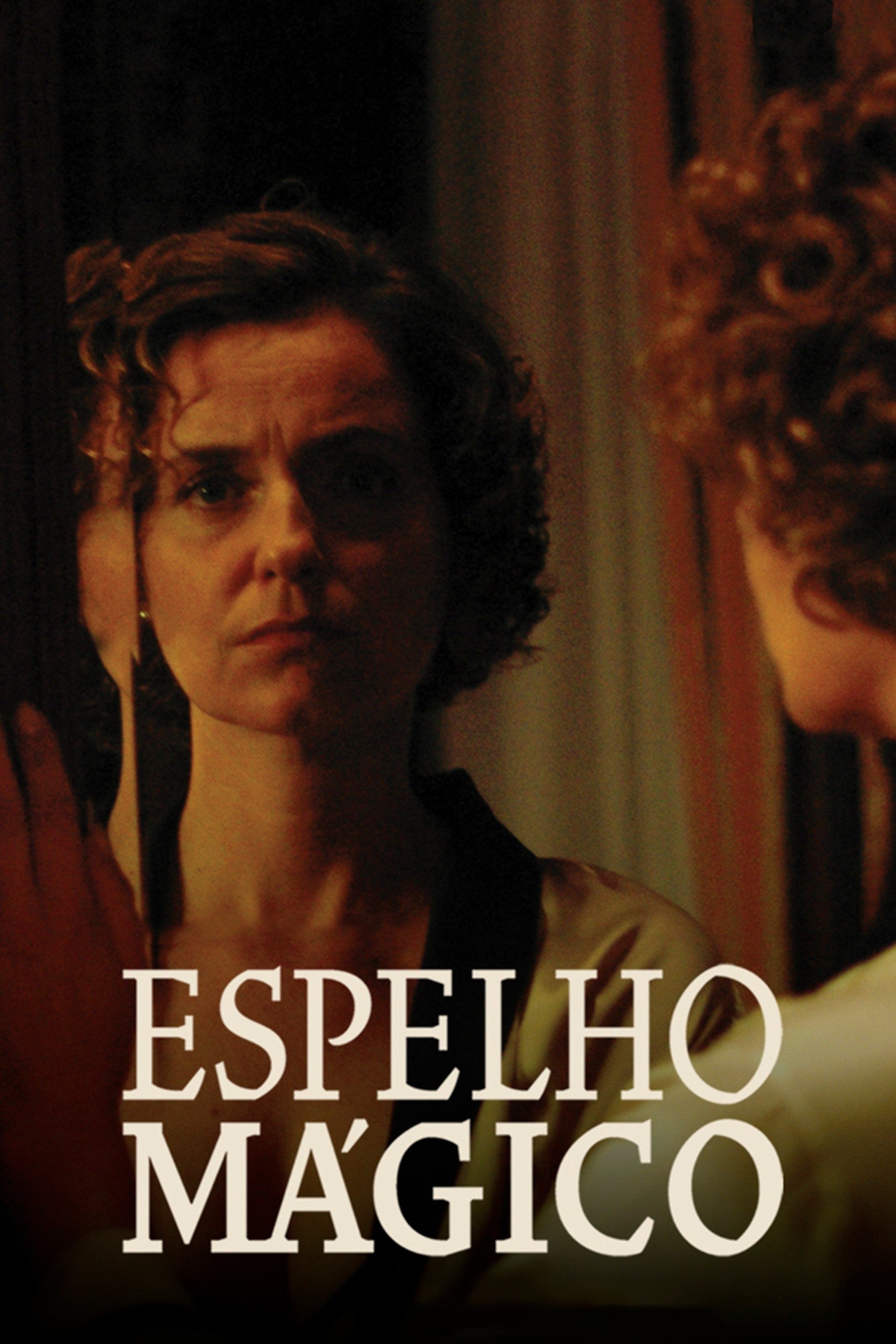
Magic Mirror
(Filipe Quinta)
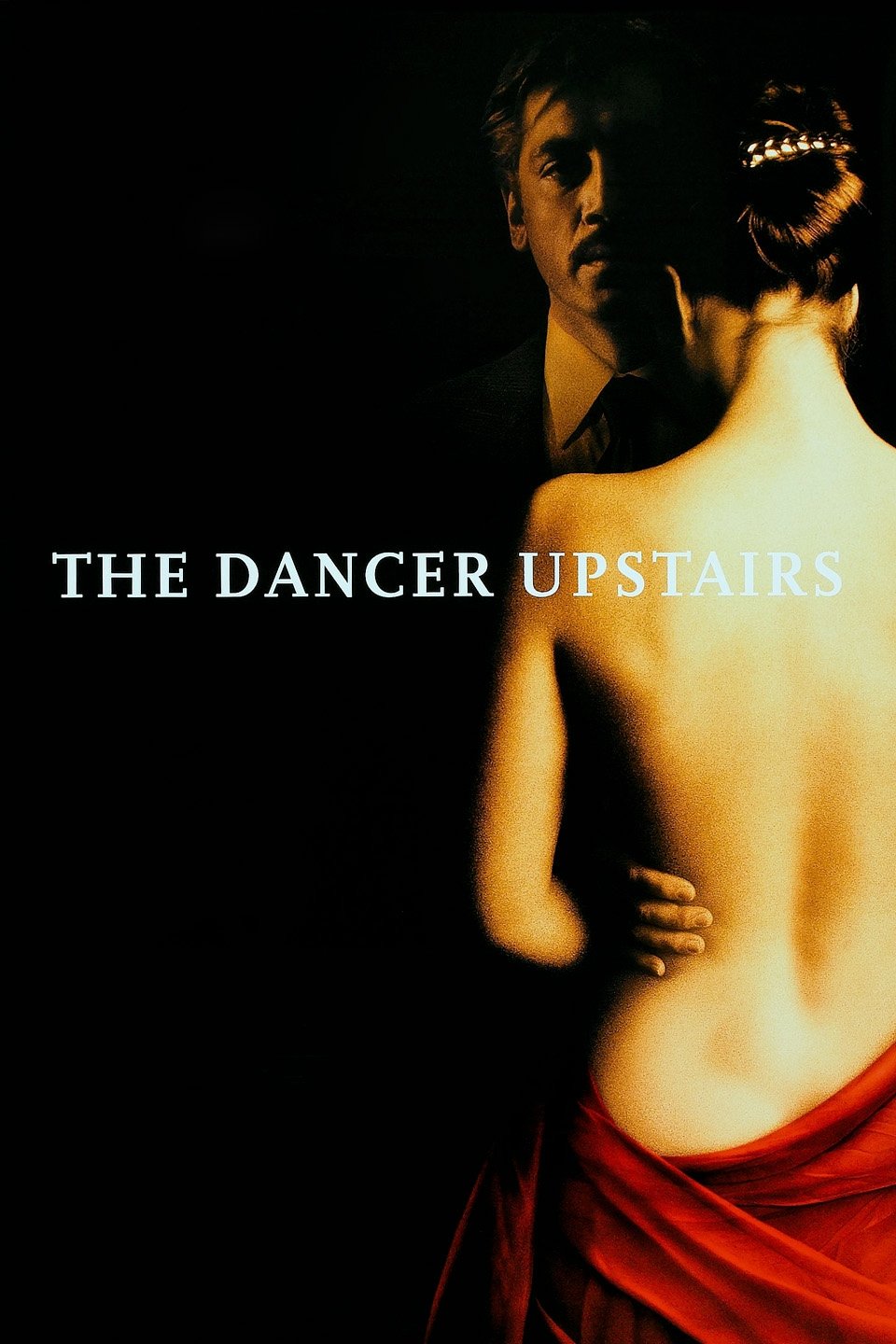
The Dancer Upstairs
(Calderón)
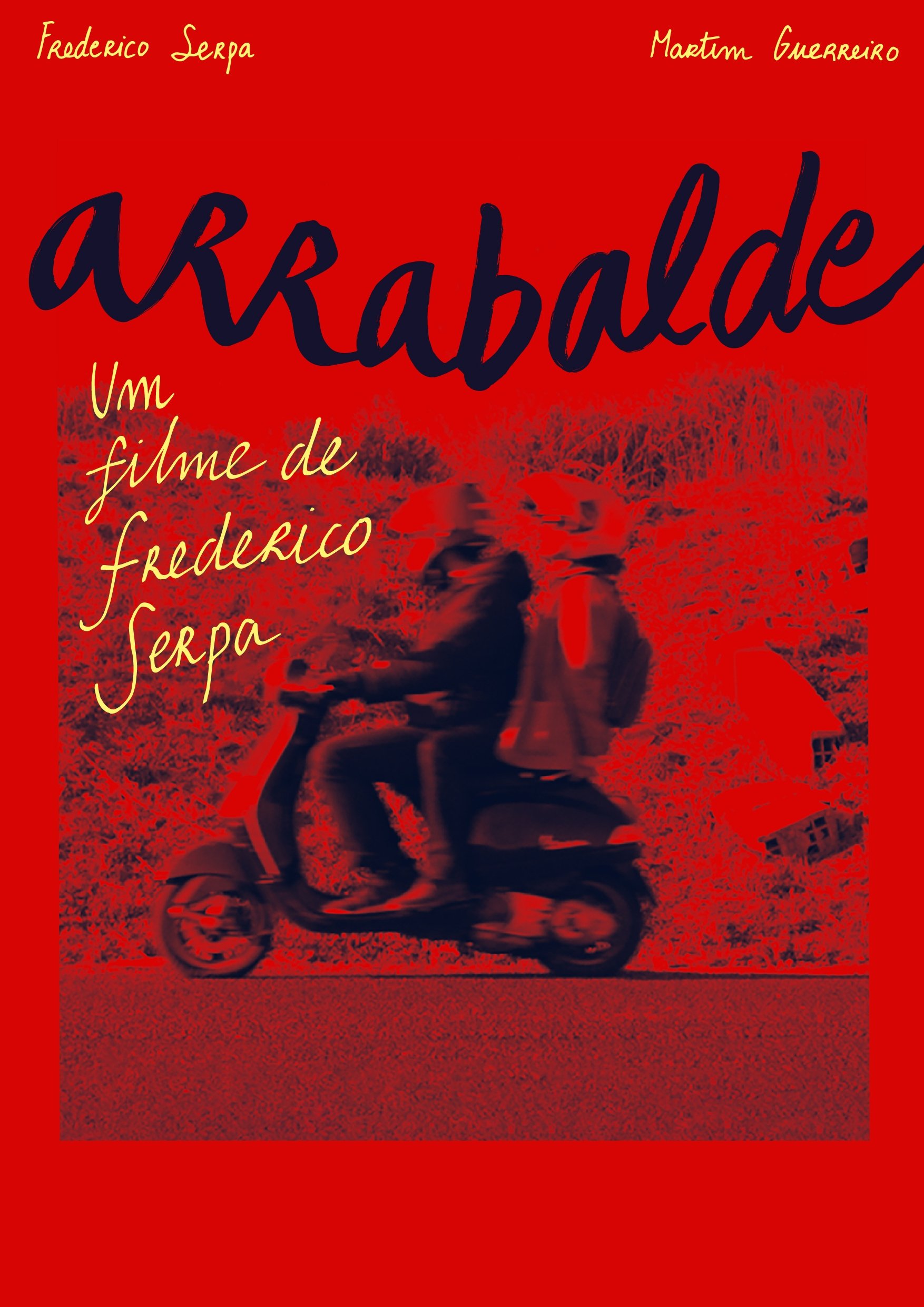
Arrabalde
(Prof. Luís)
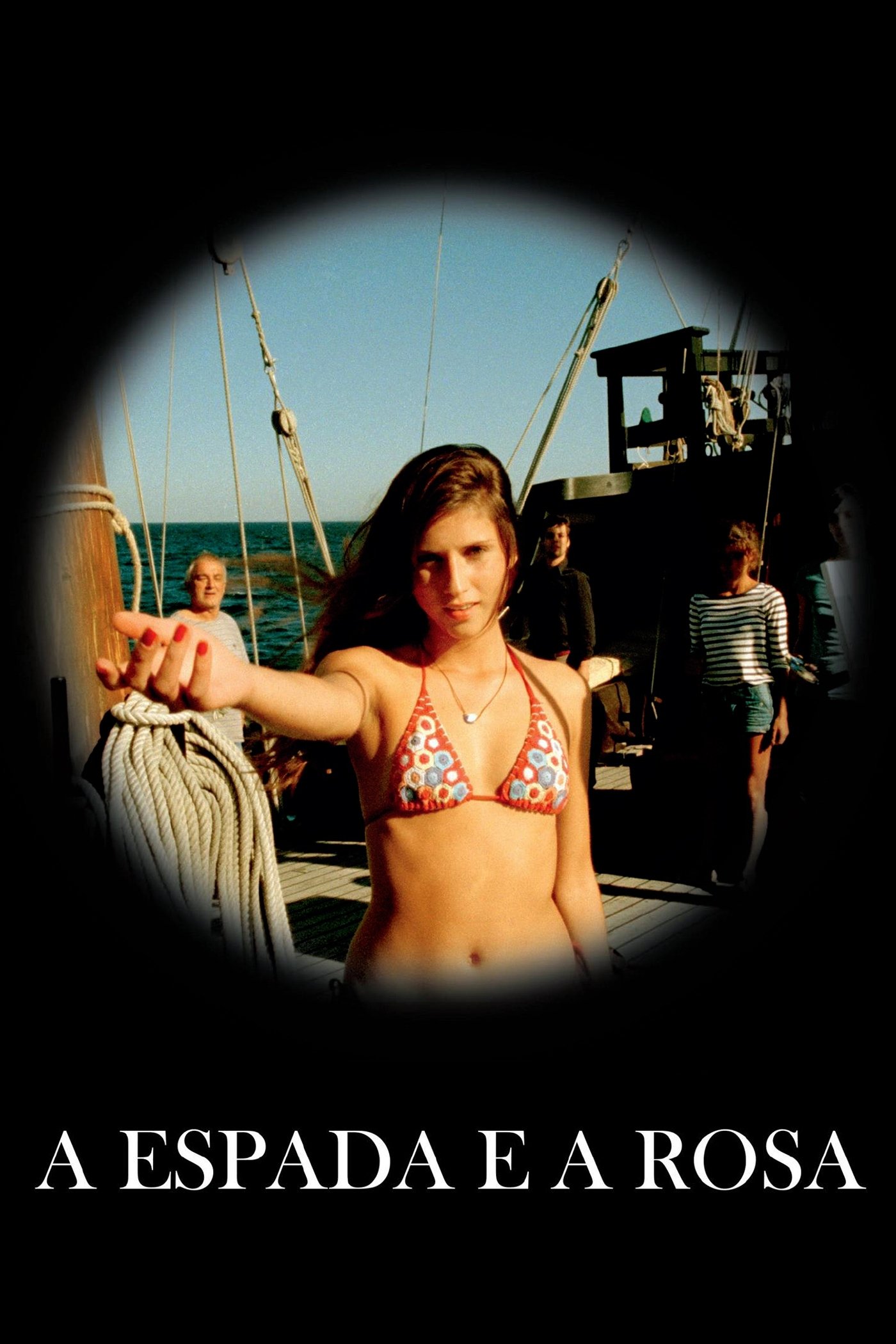
The Sword and the Rose
(Rosa 2)
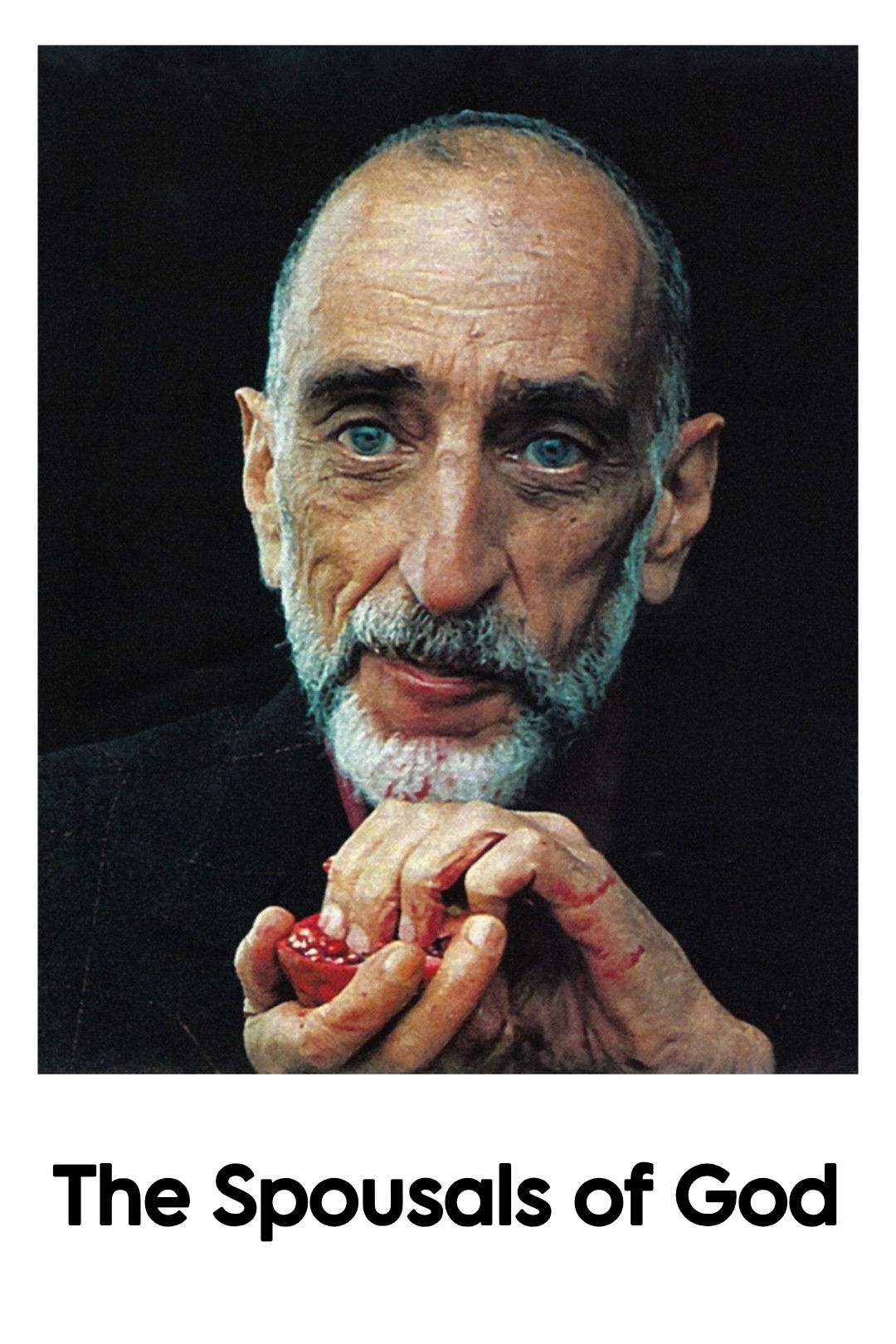
The Spousals of God
(God's Messenger)

Correspondences
Carlos de Oliveira: Upon the Left Side

Lisboa Cultural
Días color naranja
One of Us Cannot Be Wrong
(Devil)
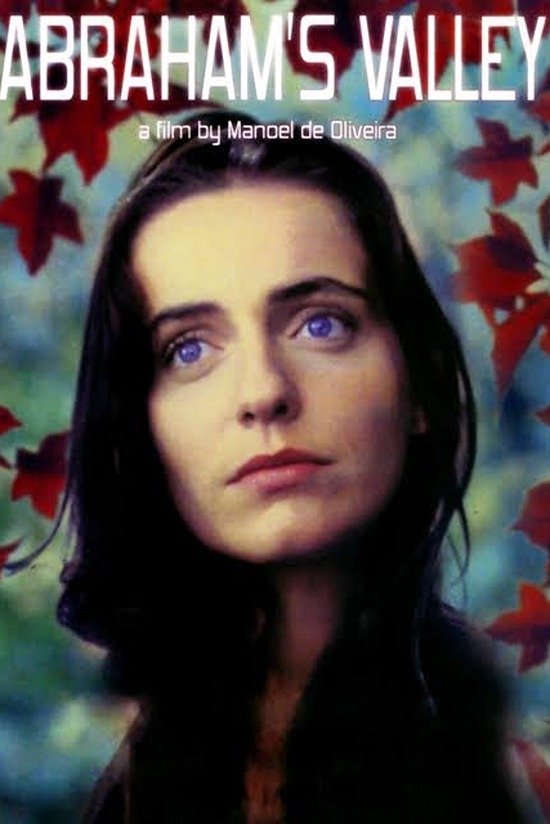
Abraham's Valley
(Carlos de Paiva)
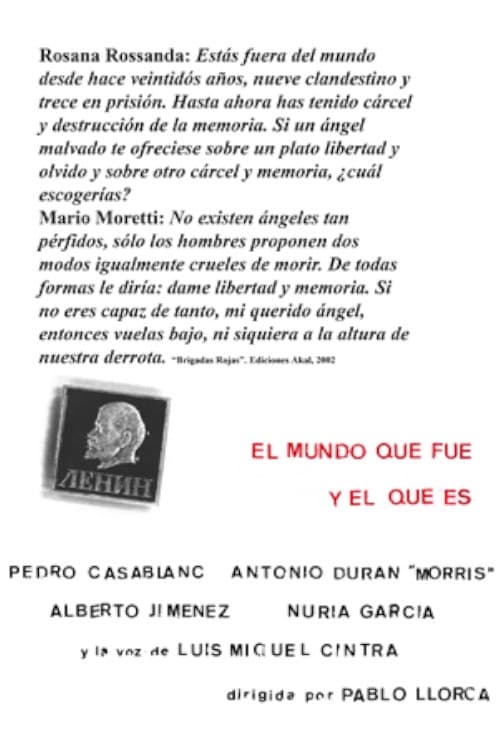
The world that was (and that is)
(Narrator)
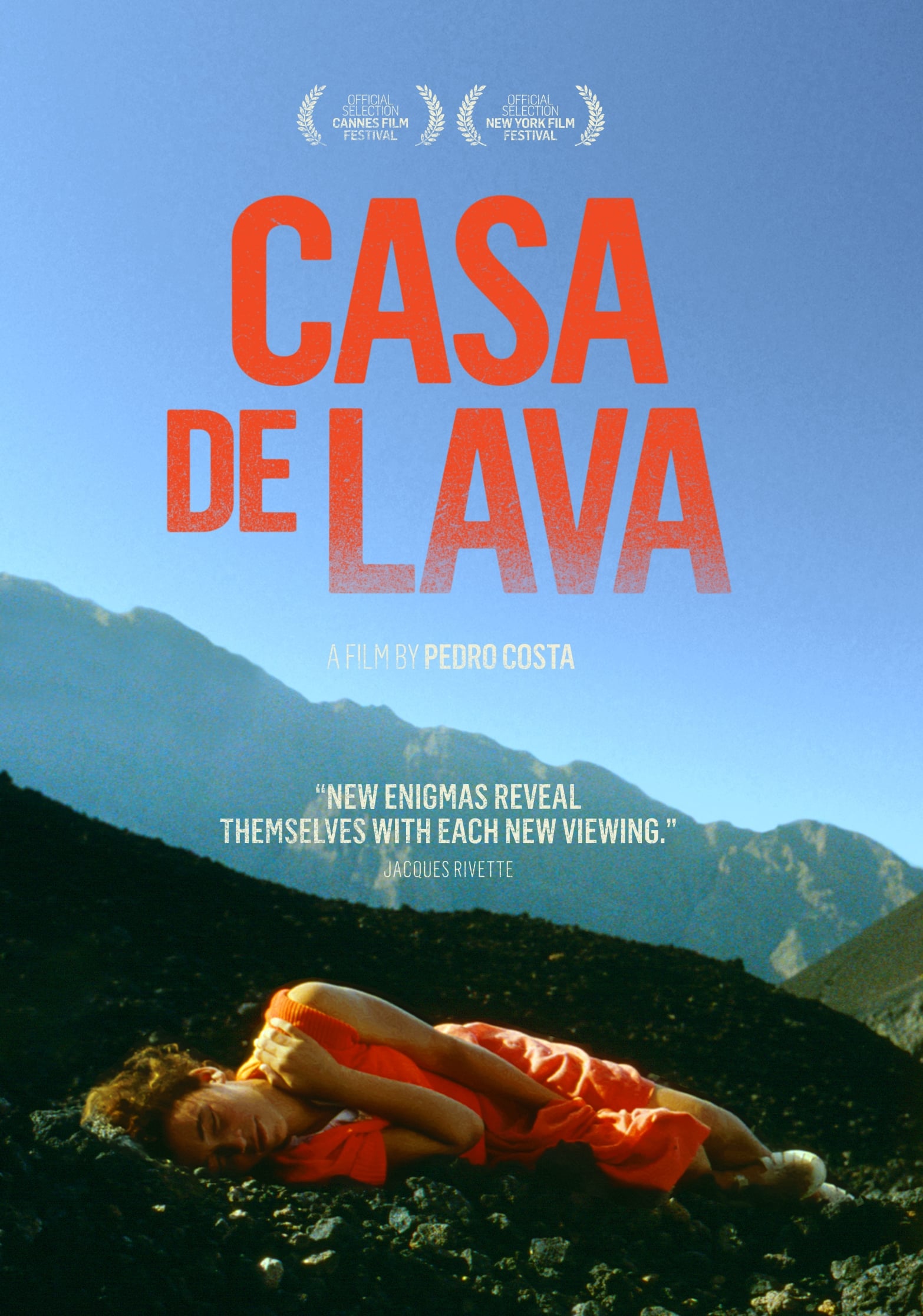
Casa de Lava
(Actor convidado)
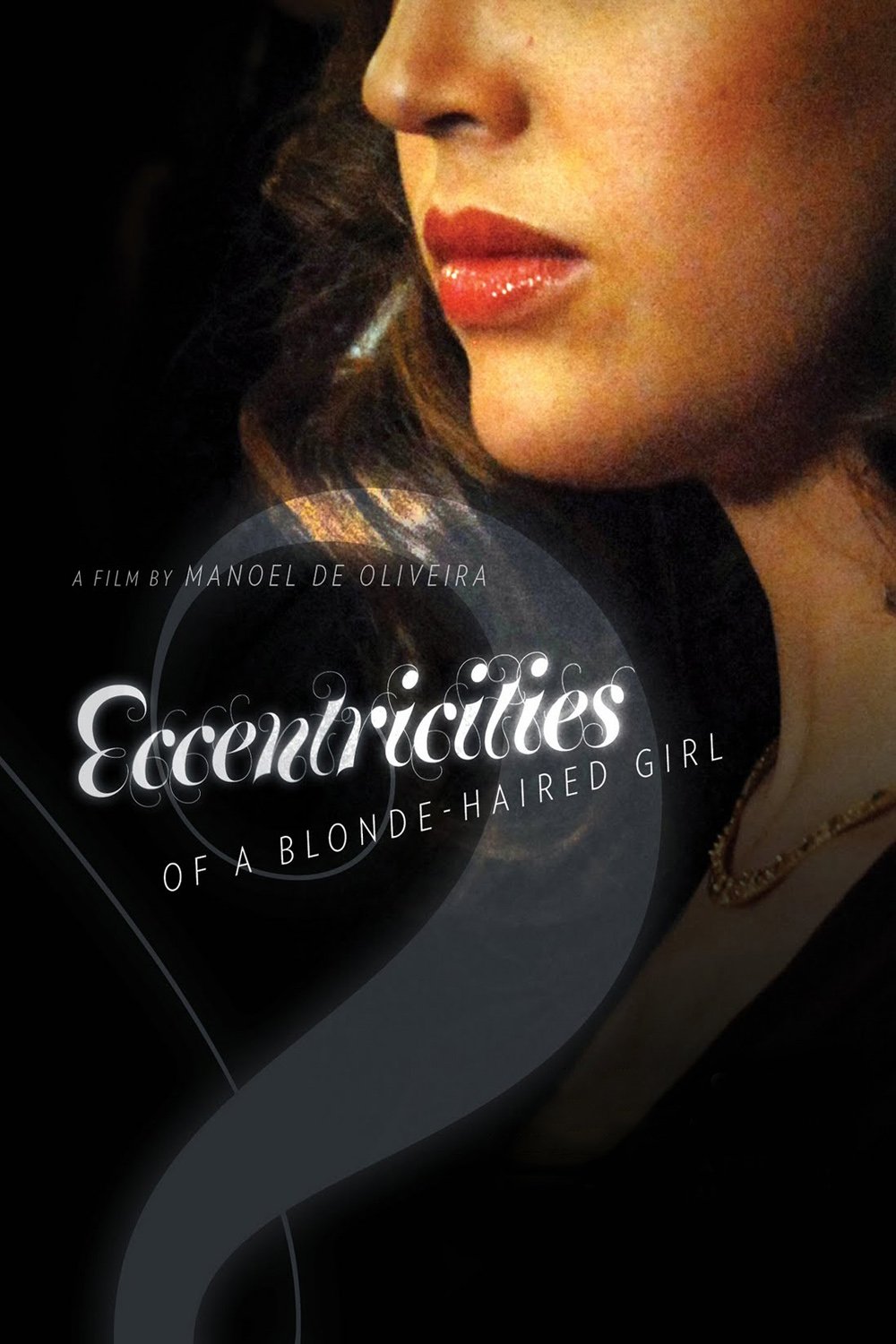
Eccentricities of a Blonde-Haired Girl

Christopher Columbus, The Enigma
(Diretor Museu Porto Santo)
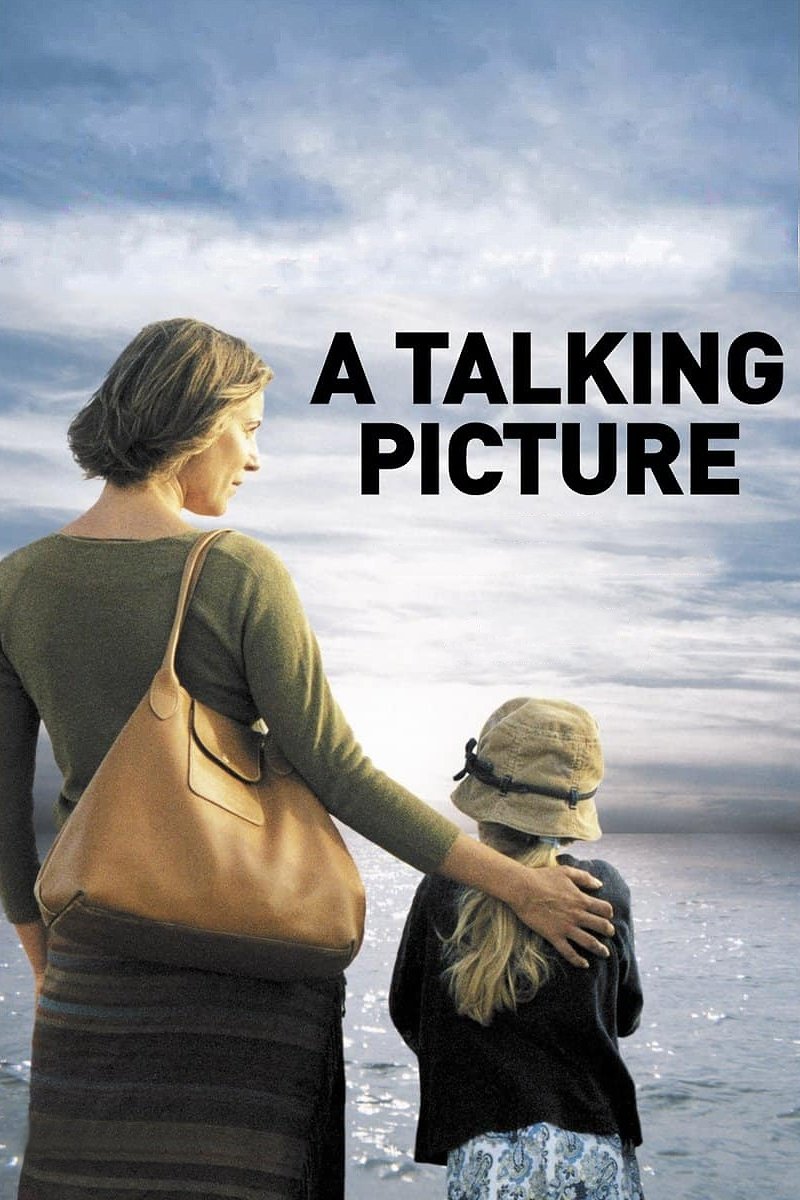
A Talking Picture
(Himself)
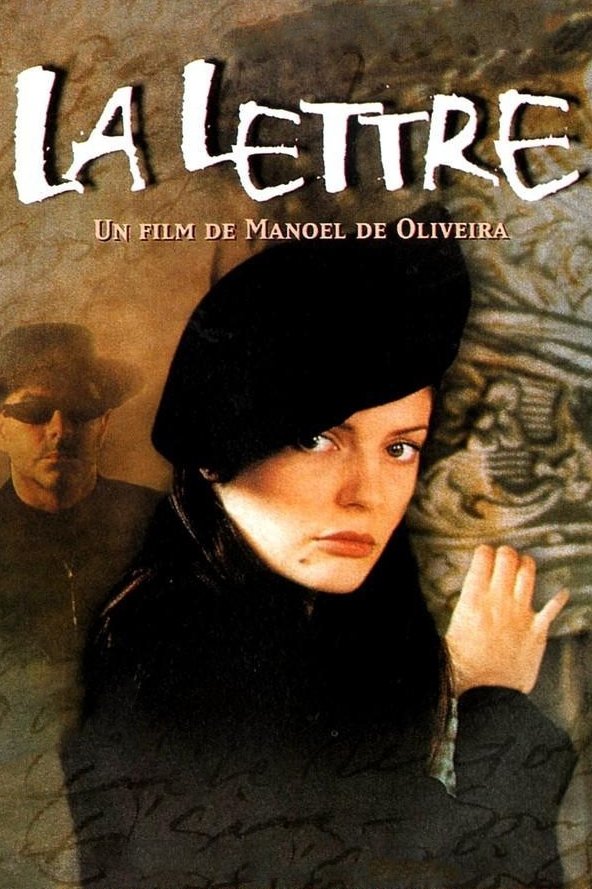
The Letter
(M. da Silva)
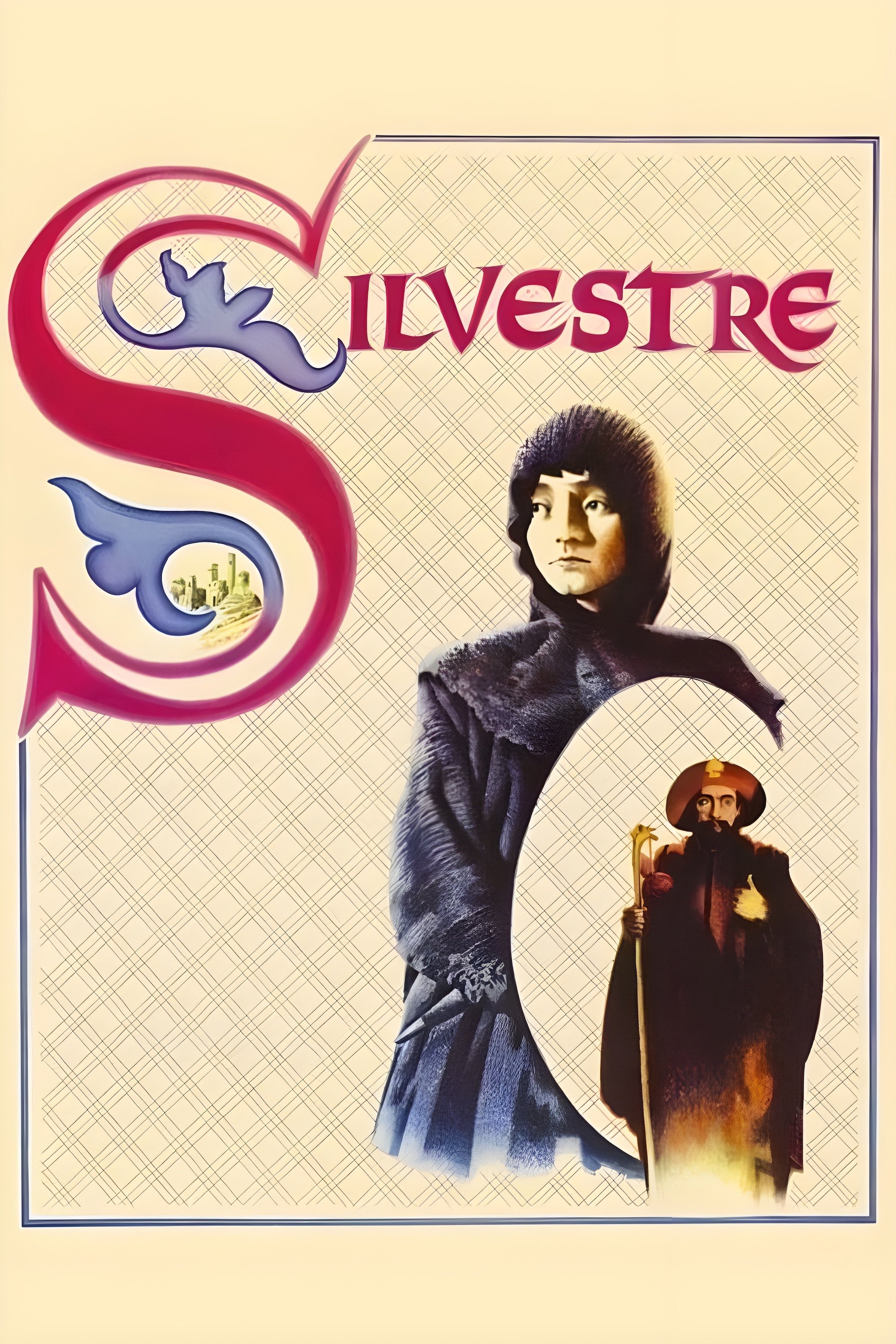
Silvestre
(Pilgrim / Knight / D. Raimundo)
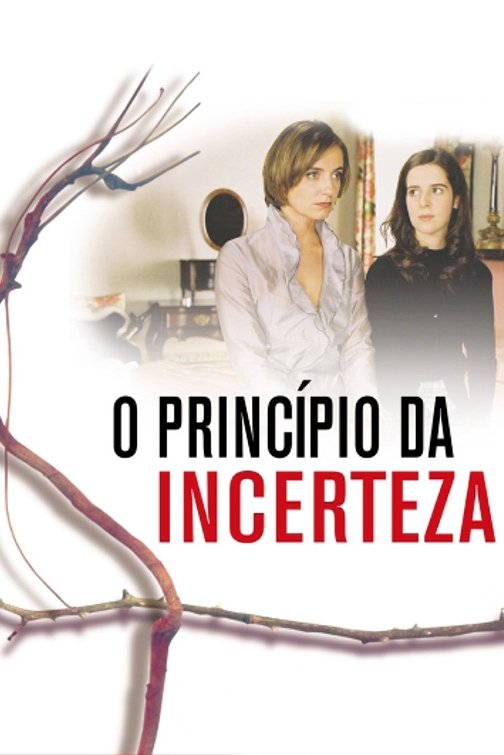
The Uncertainty Principle
(Daniel Roper)
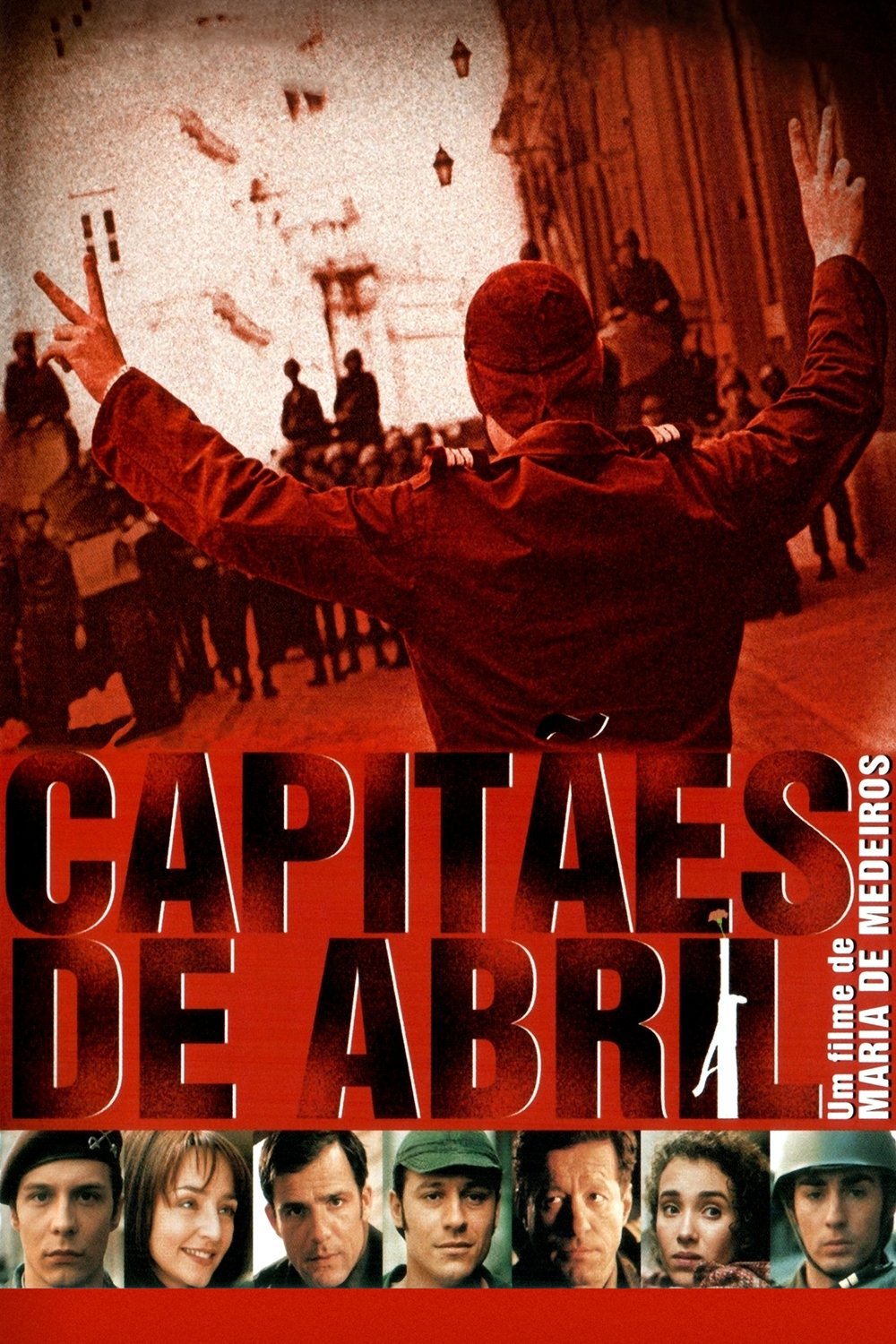
April Captains
(Brigadeiro Pais)

The Strange Case of Angelica
(Engenheiro)
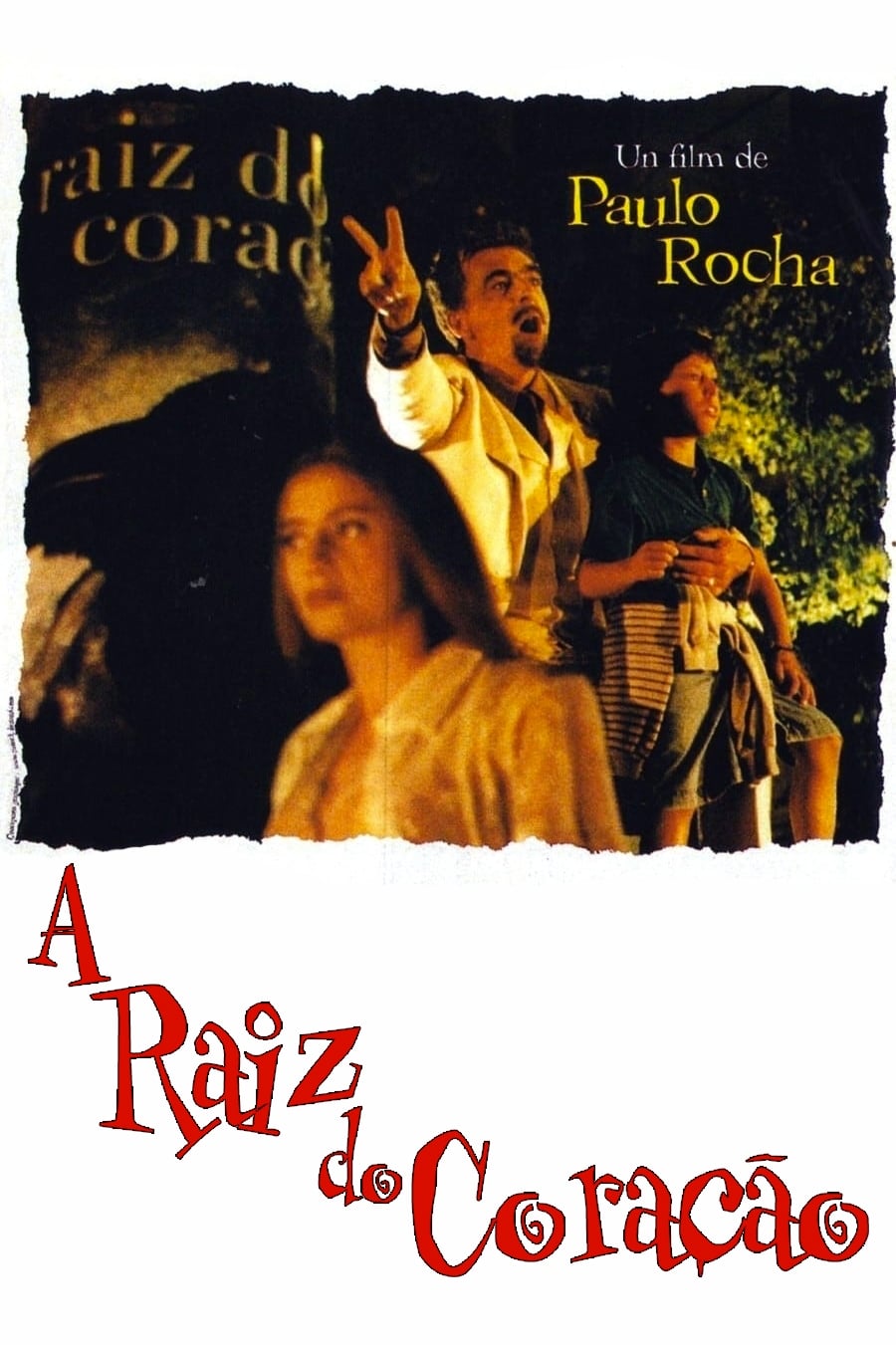
The Heart's Root
(Catão)
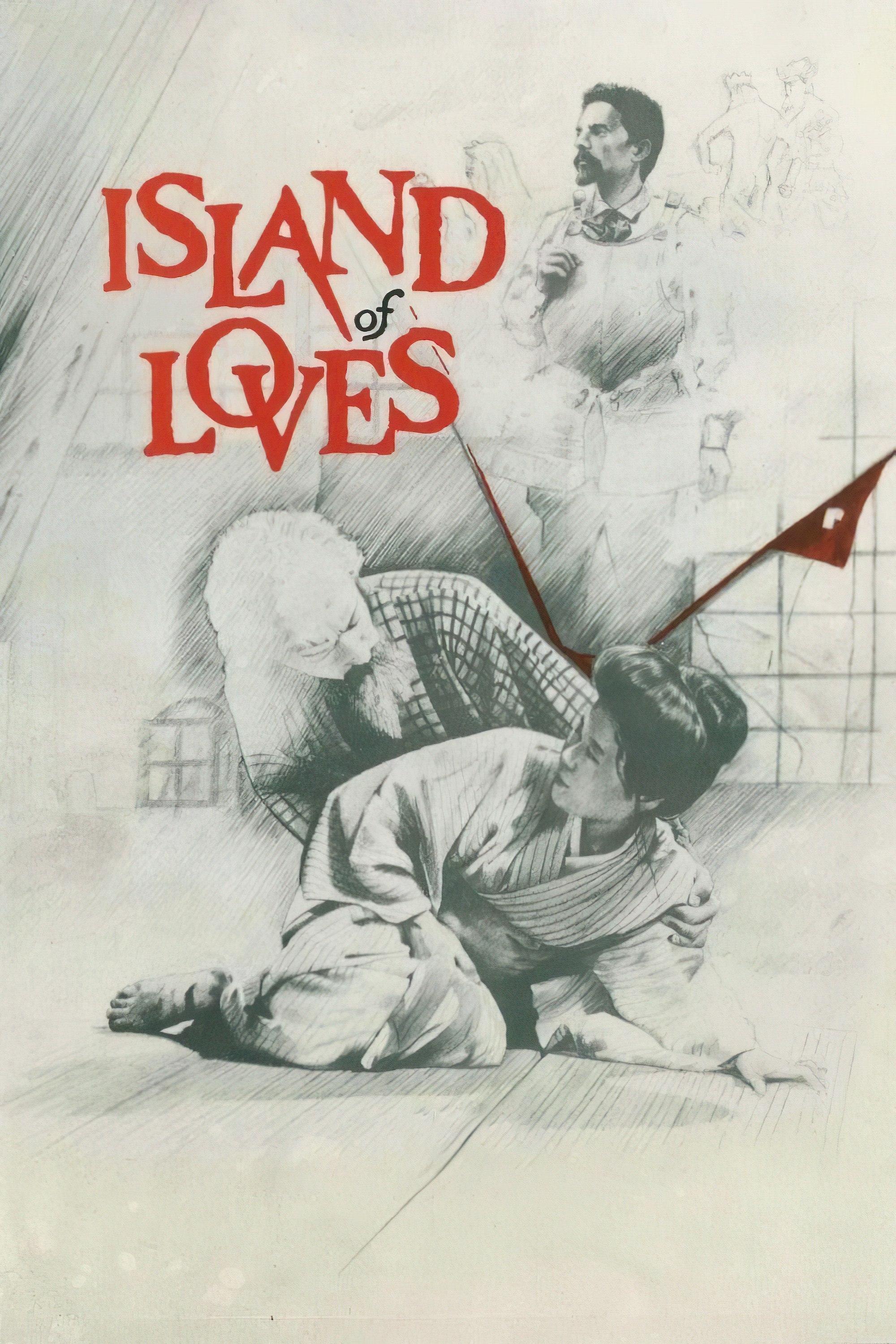
Island of Loves
(Wenceslau de Moraes)
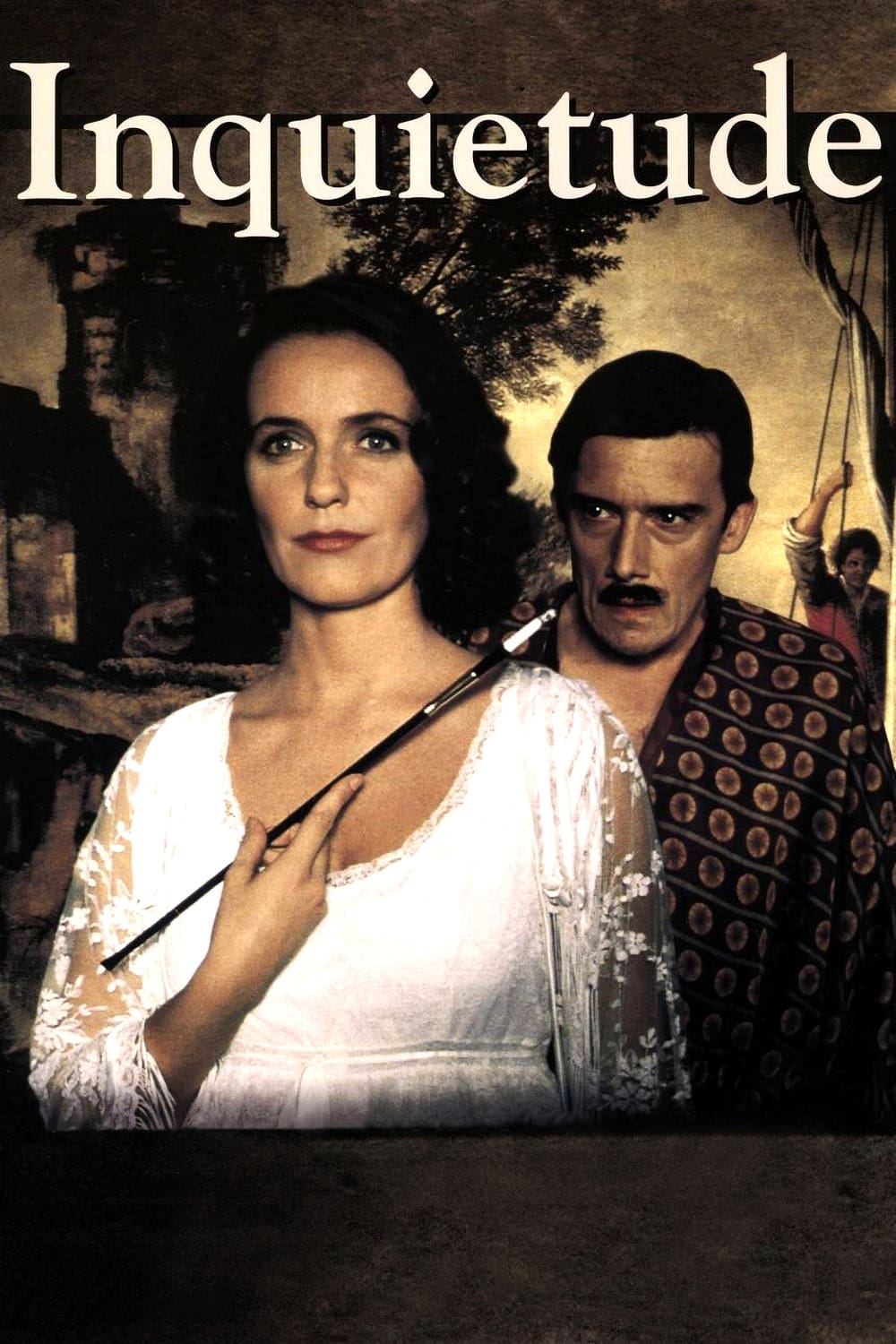
Inquietude
(Son)
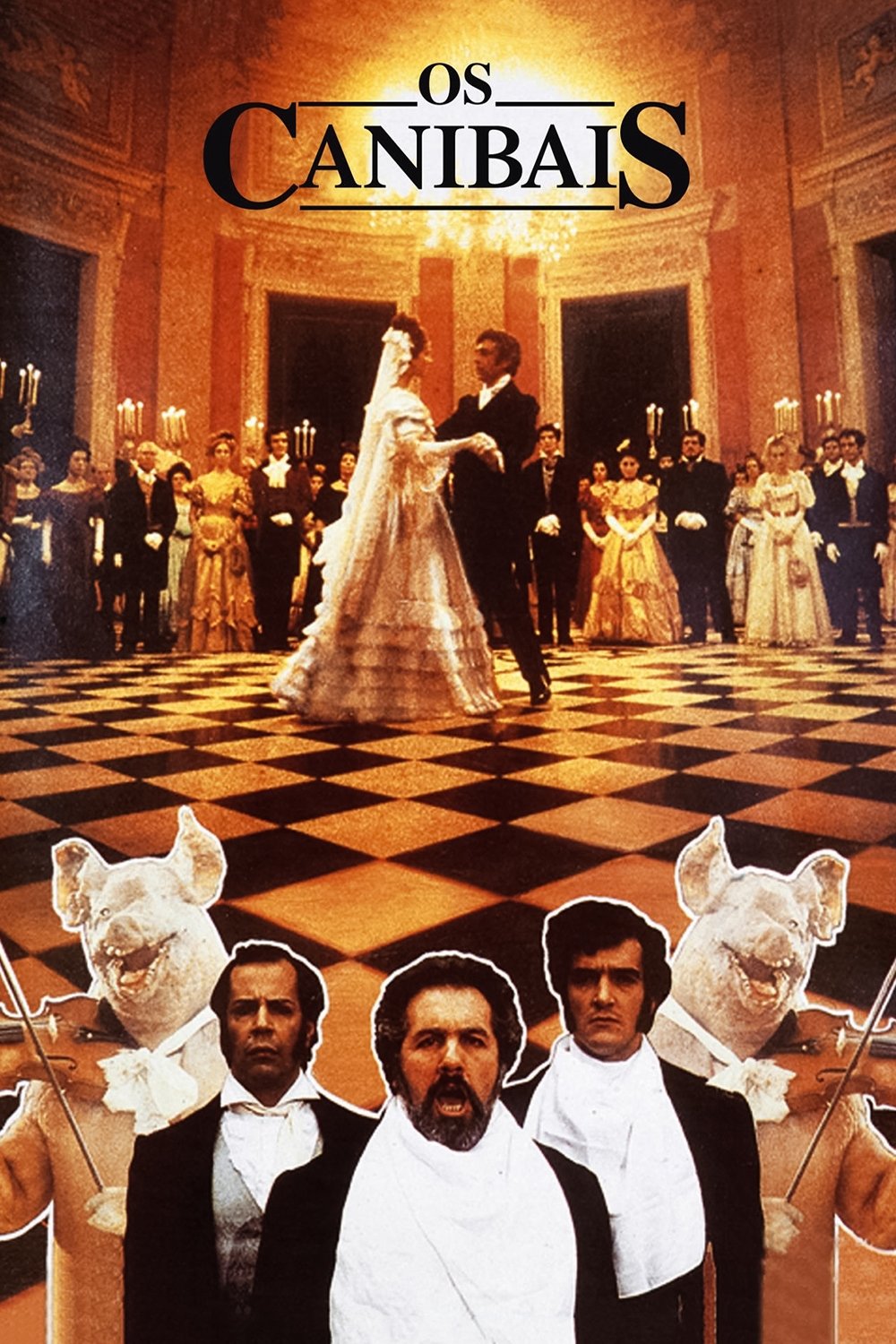
The Cannibals
(Viscount d'Aveleda)
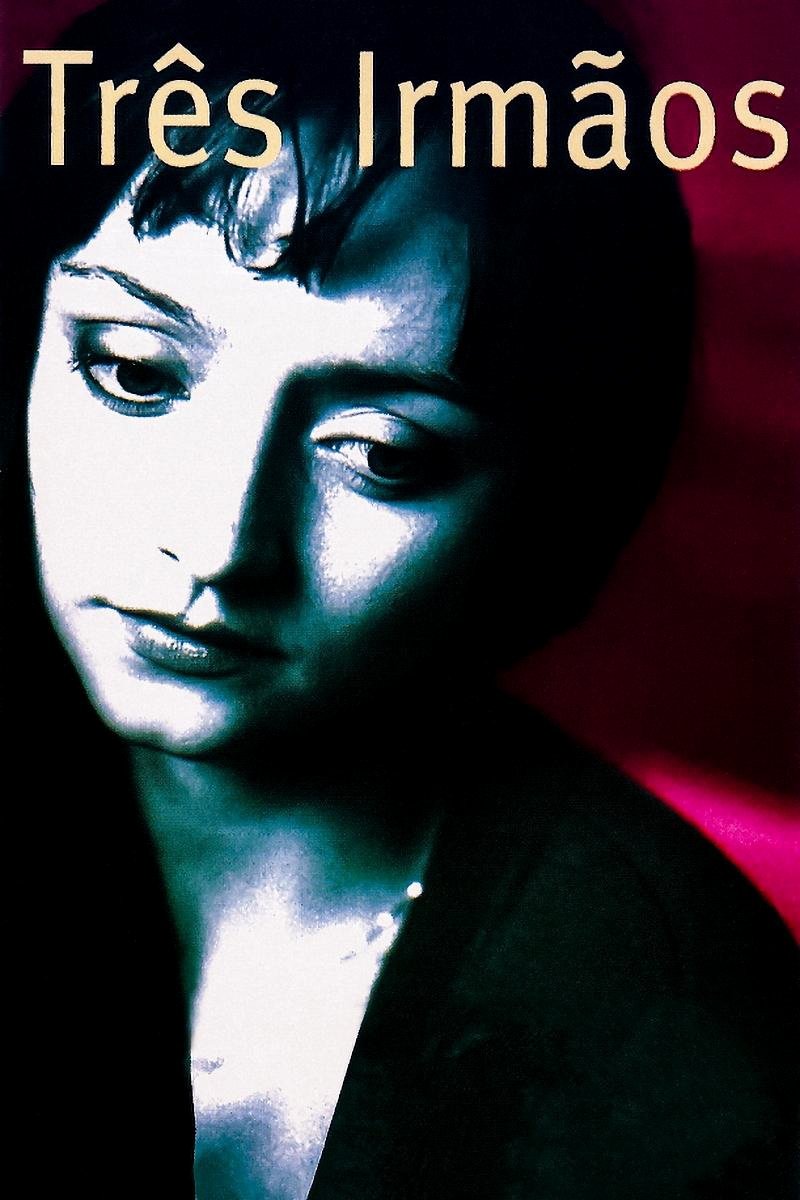
Two Brothers, My Sister
(Friend at the Apartment)
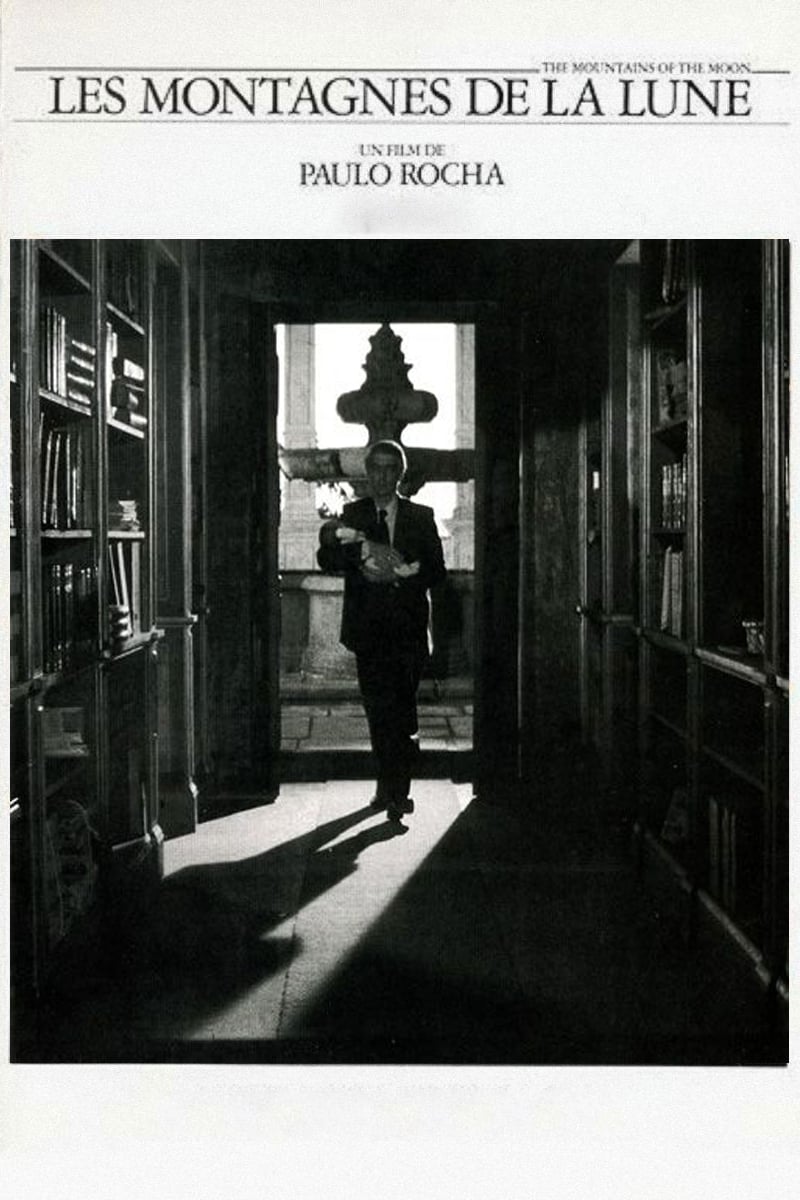
The Mountains of the Moon
(João)
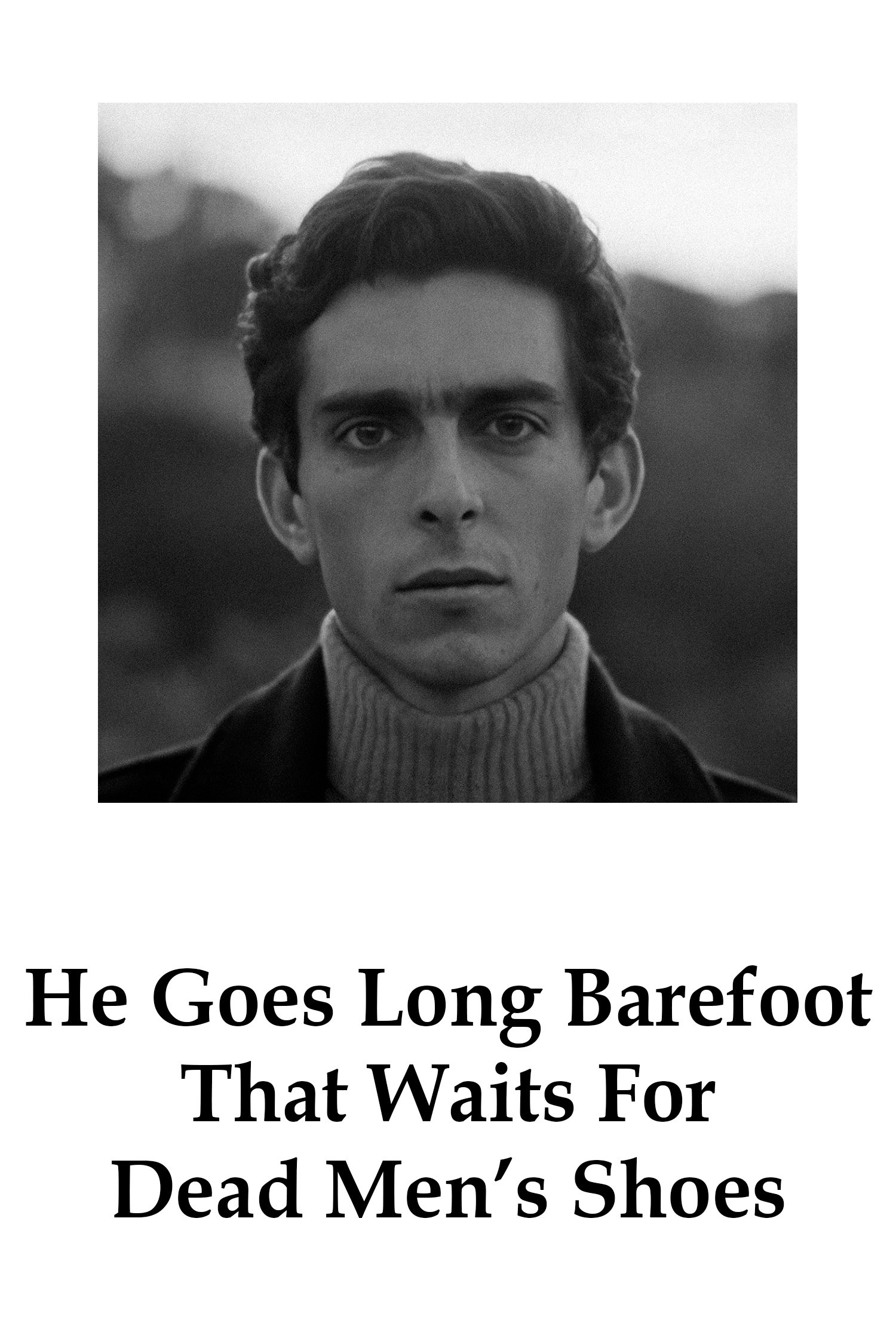
He Goes Long Barefoot That Waits For Dead Men's Shoes
(Lívio)
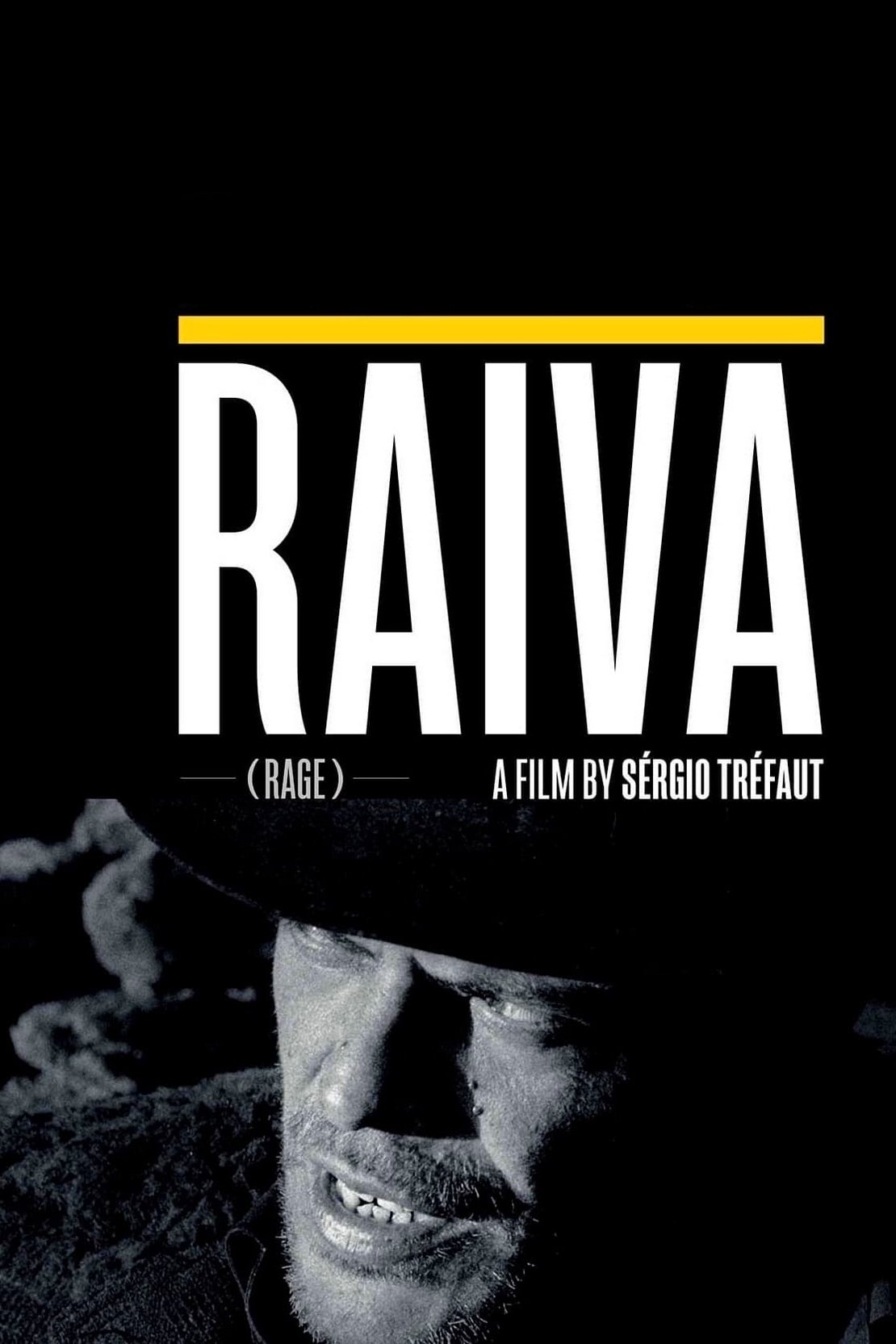
Rage
(Camacho)
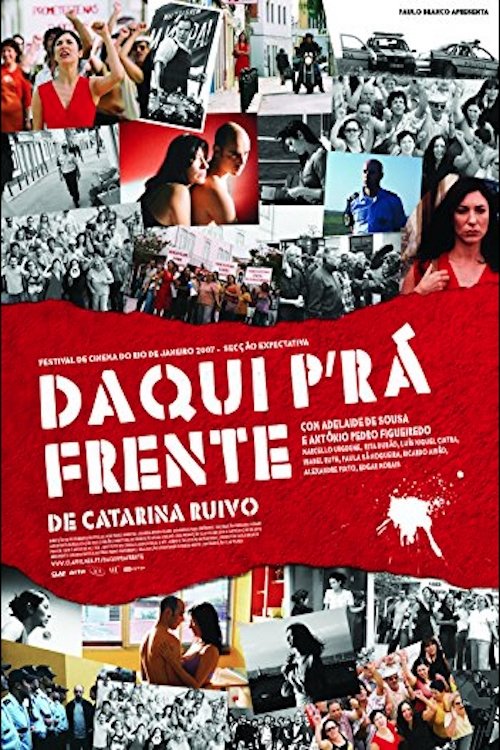
From Now On
(António)
Vertiges
(Herbert Ardown)
A Propósito da Bandeira Nacional
(Narrator)
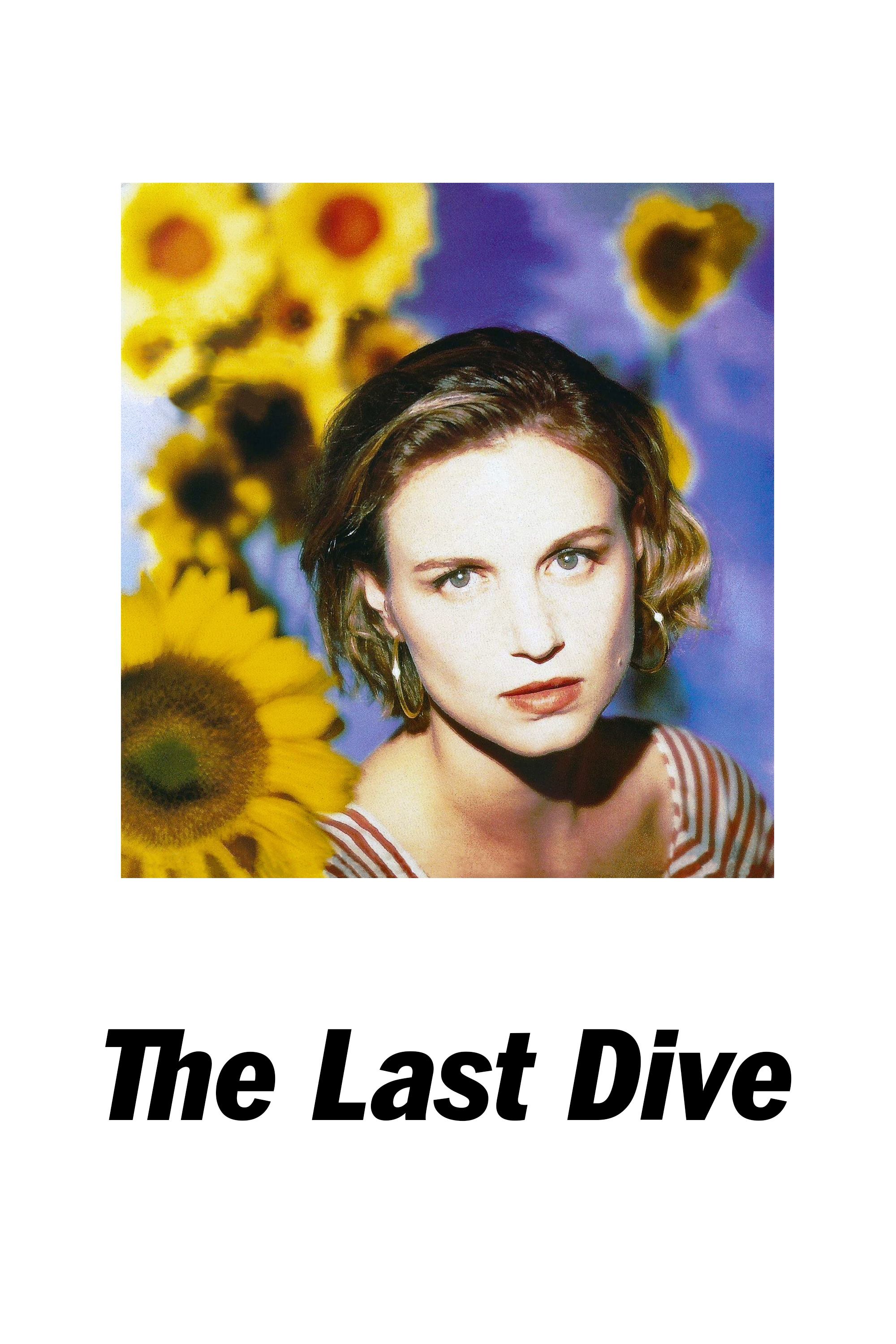
The Last Dive
(Hyperion Extracts Reader (voice))
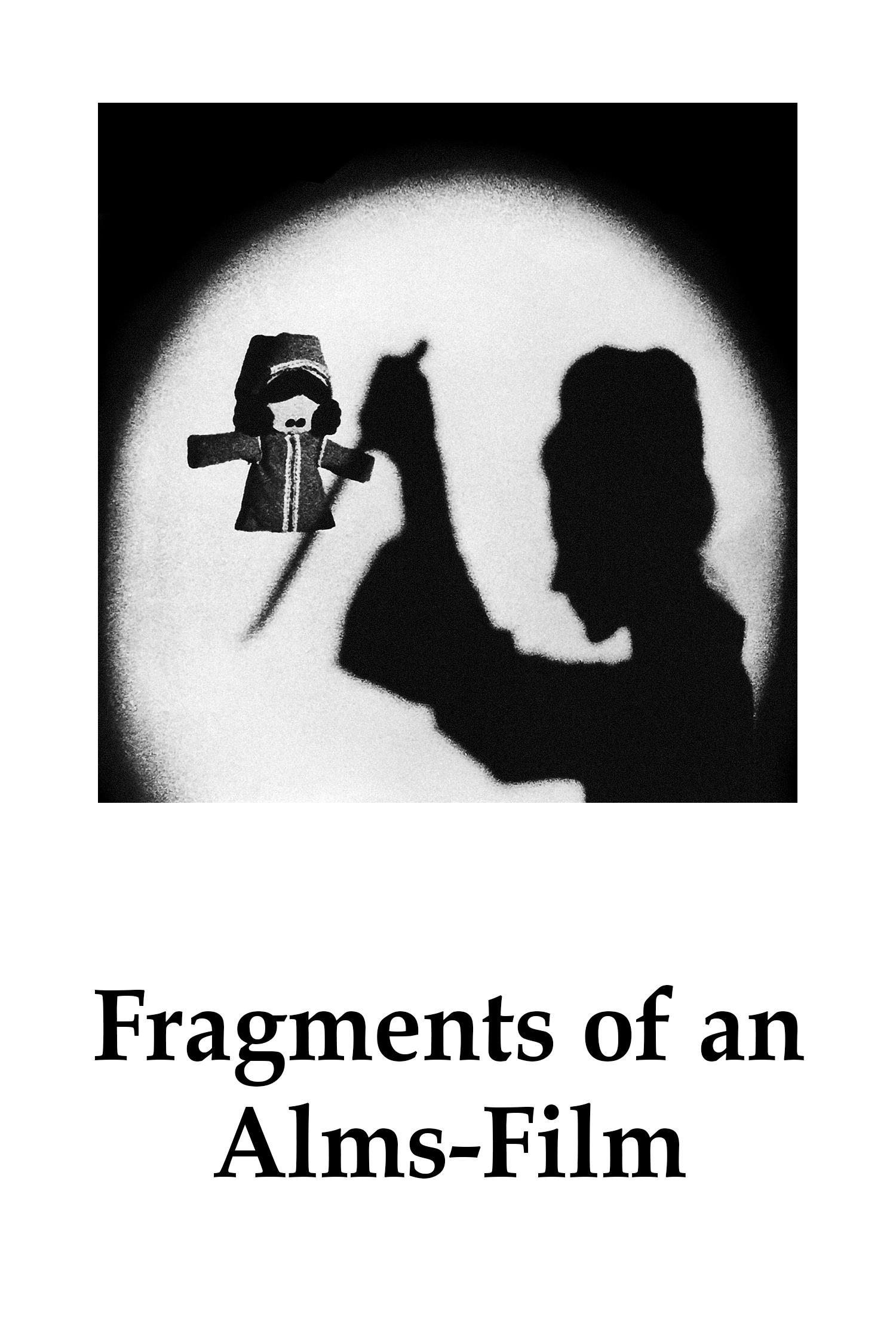
Fragments of an Alms-Film
(Narrator (voice))
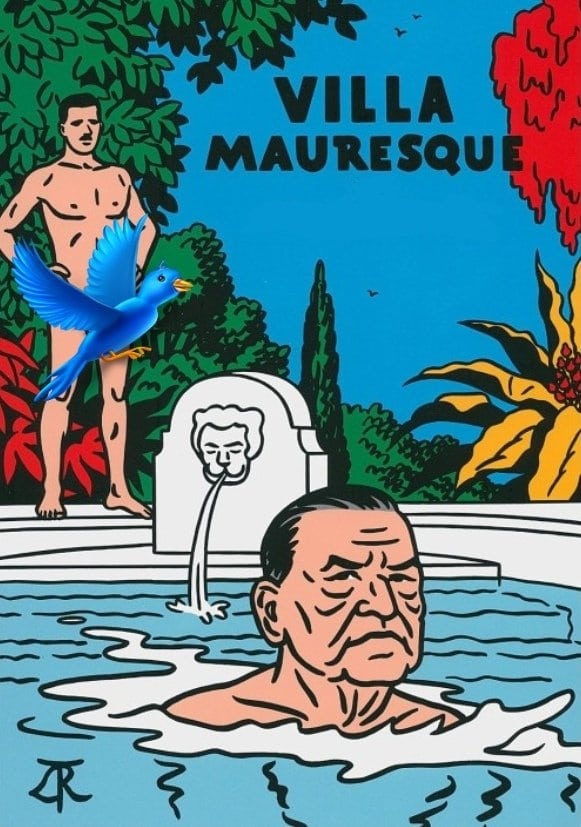
Villa Mauresque
(Tiago)
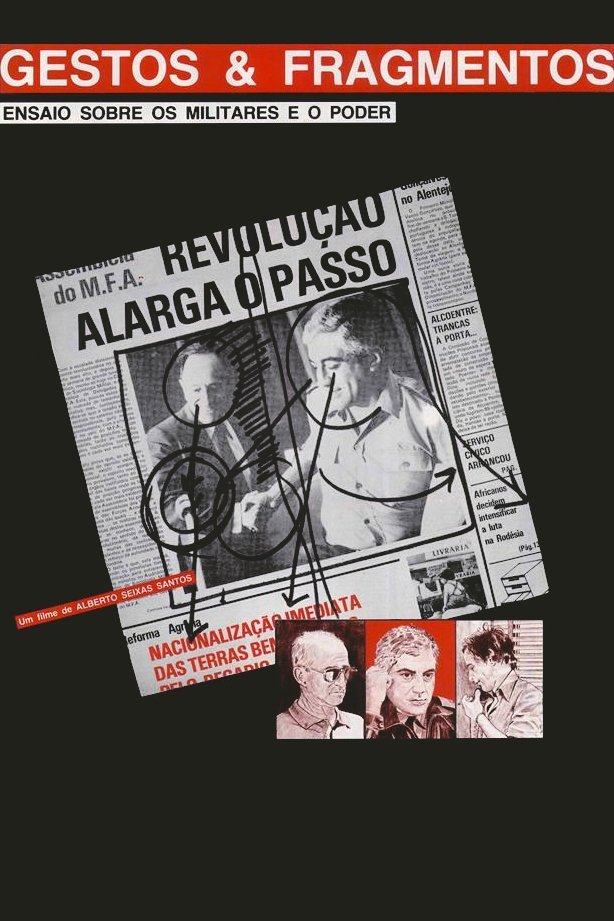
Gestures and Fragments
(Armando (voice))
Erros Meus
(Luís de Camões)
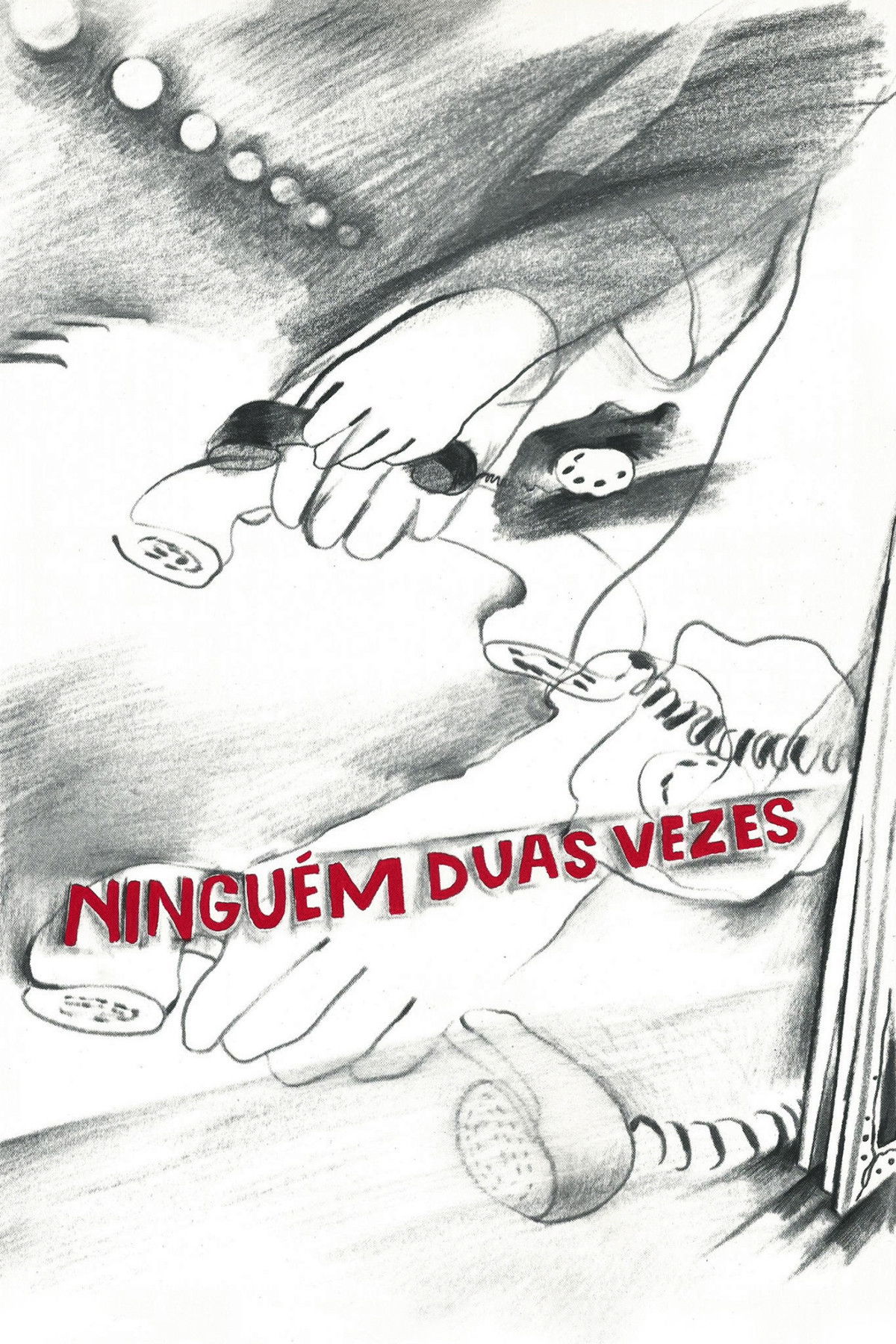
No one Twice
(Carlos)
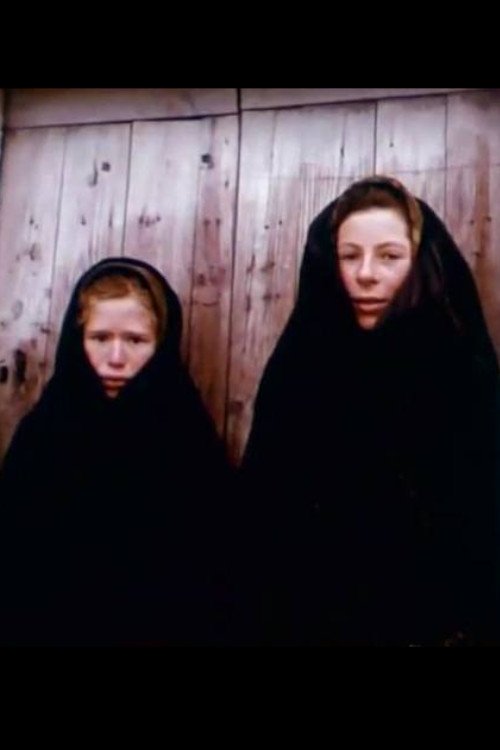
Entremês Famoso Sobre a Pesca no Rio Minho
Neither Bird Nor Fish
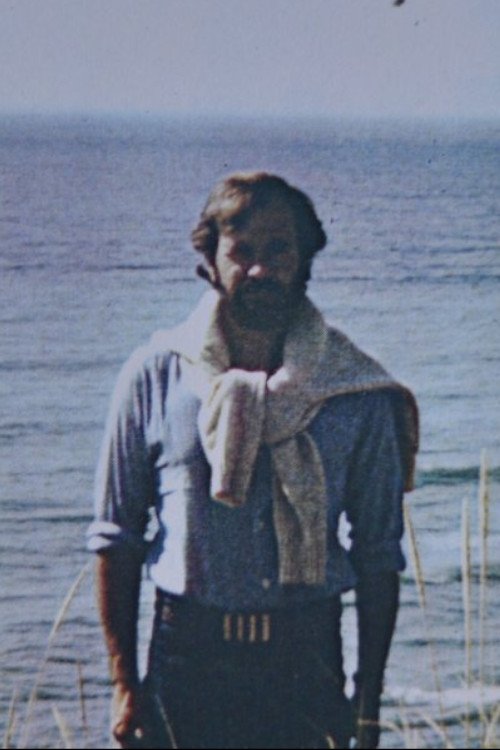
Manuel Casimiro - Pintar a Ideia
(Narrador)
Anteroom
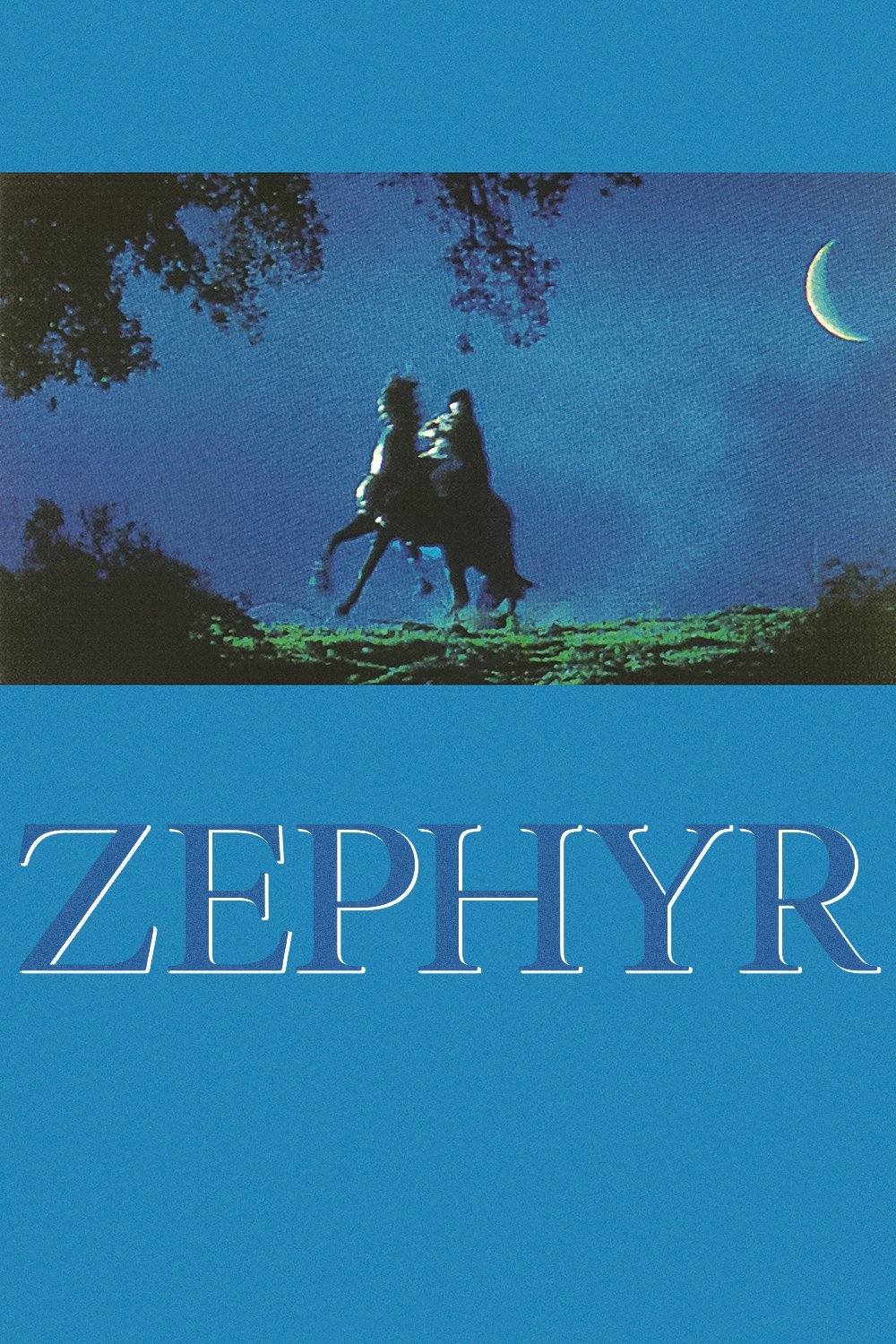
Zéfiro
(Narrator)
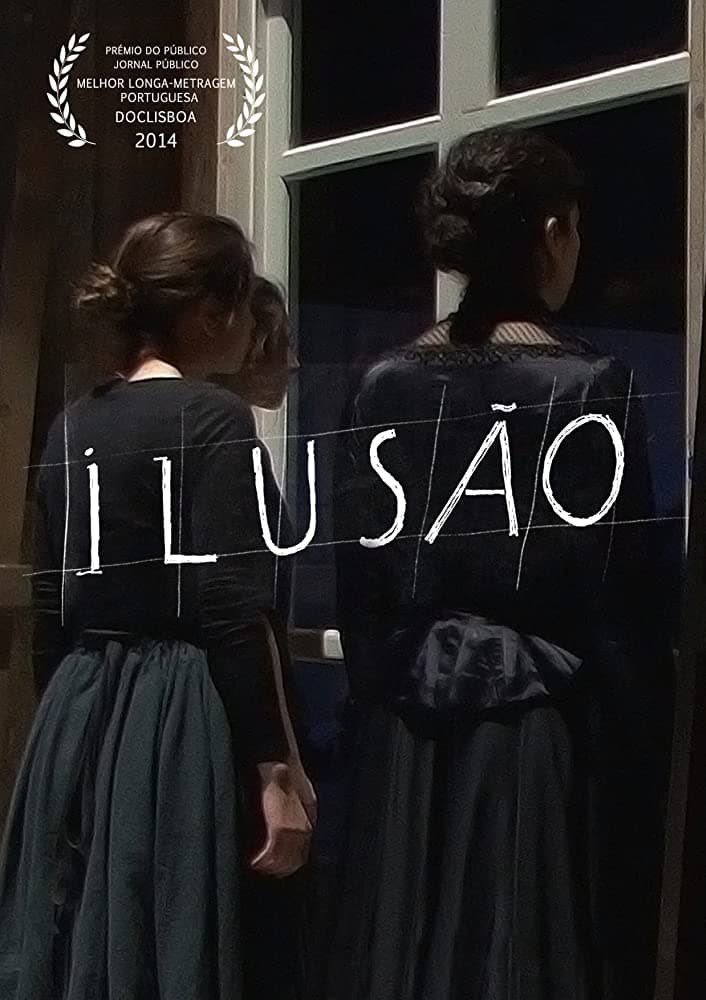
Illusion
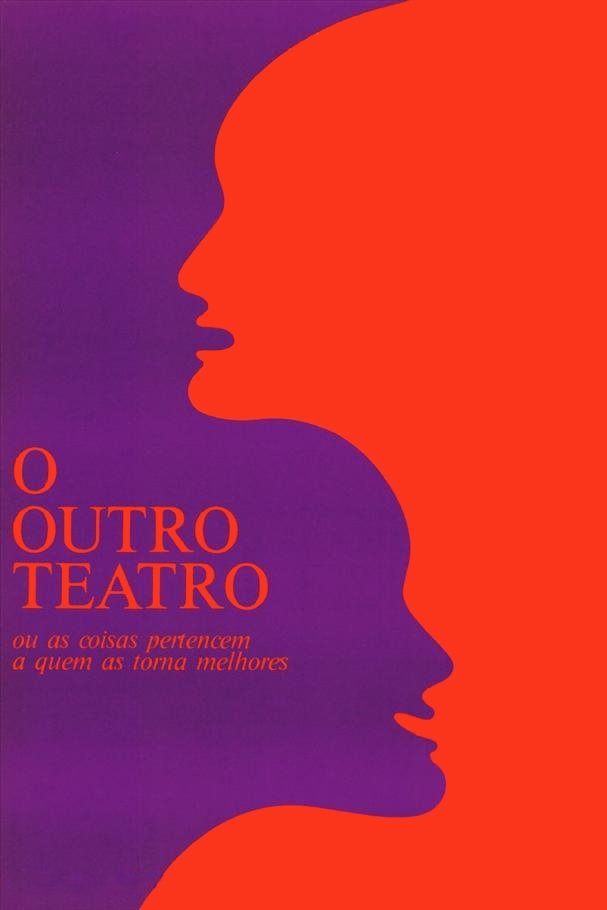
O Outro Teatro ou As Coisas Pertencem a Quem as Torna Melhores
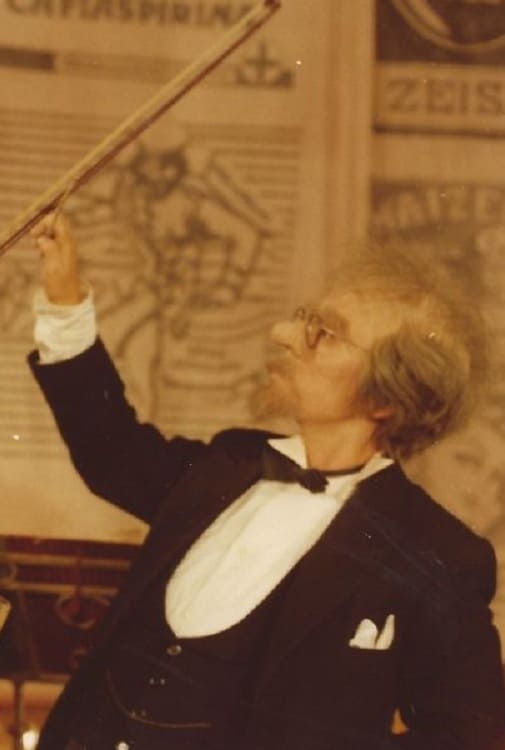
E Não se Pode Exterminá-lo?
(Valentin 1)
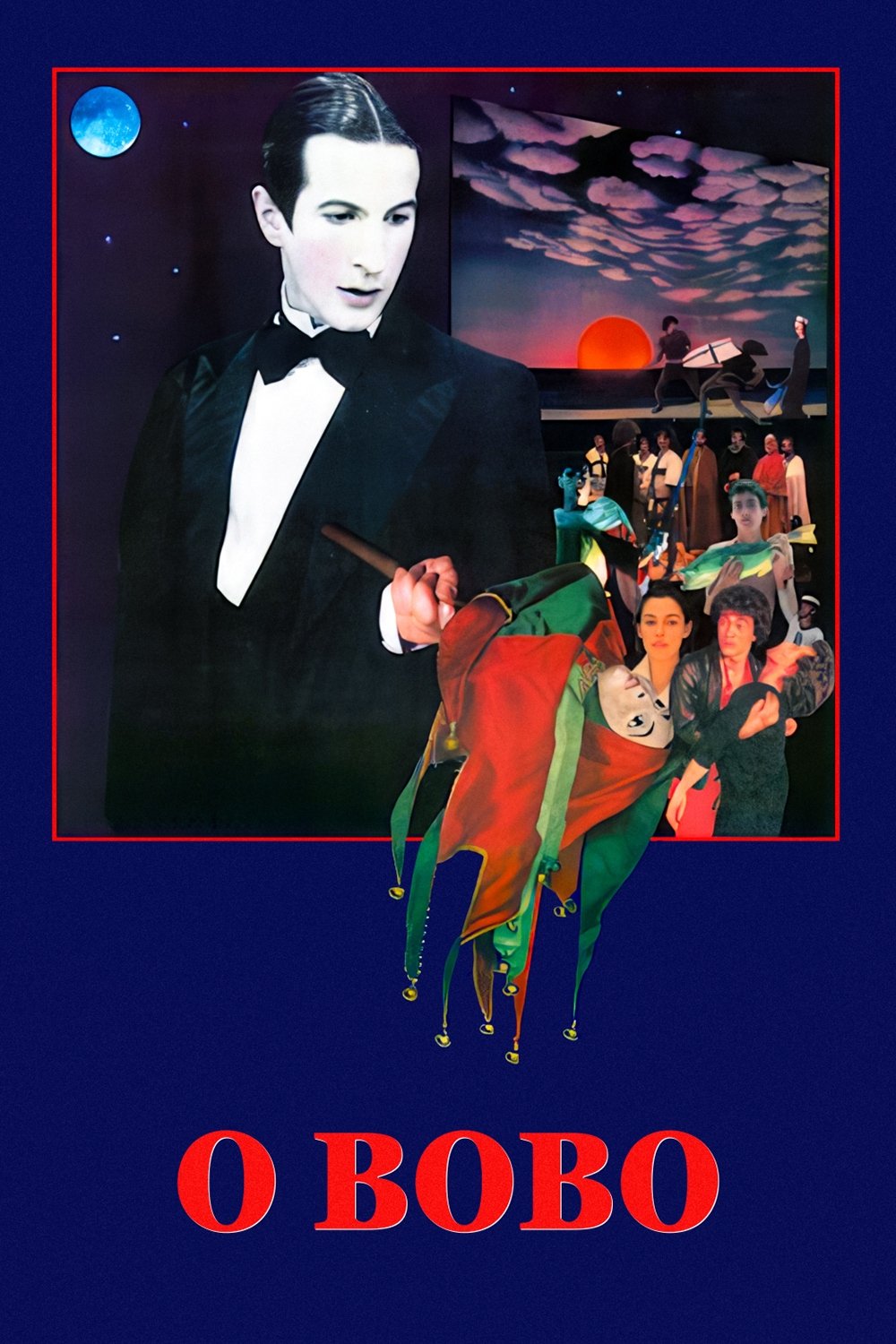
The Jester
(Count of Trava)

Snow White
(O Caçador)
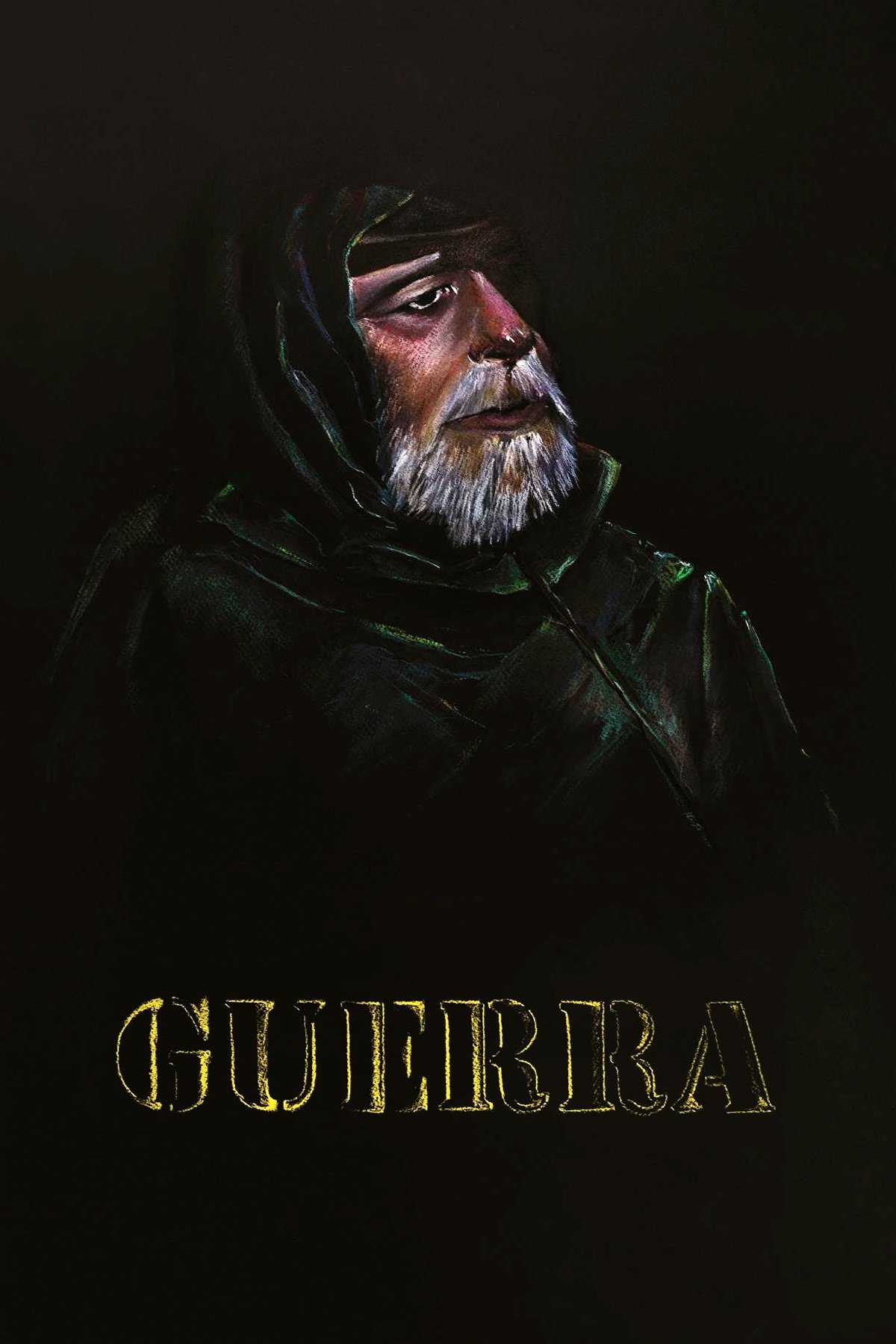
War
(Cabo Mira)
O Poeta Doido, o Vitral e a Santa Morta
(Narrator)
Signals of Life
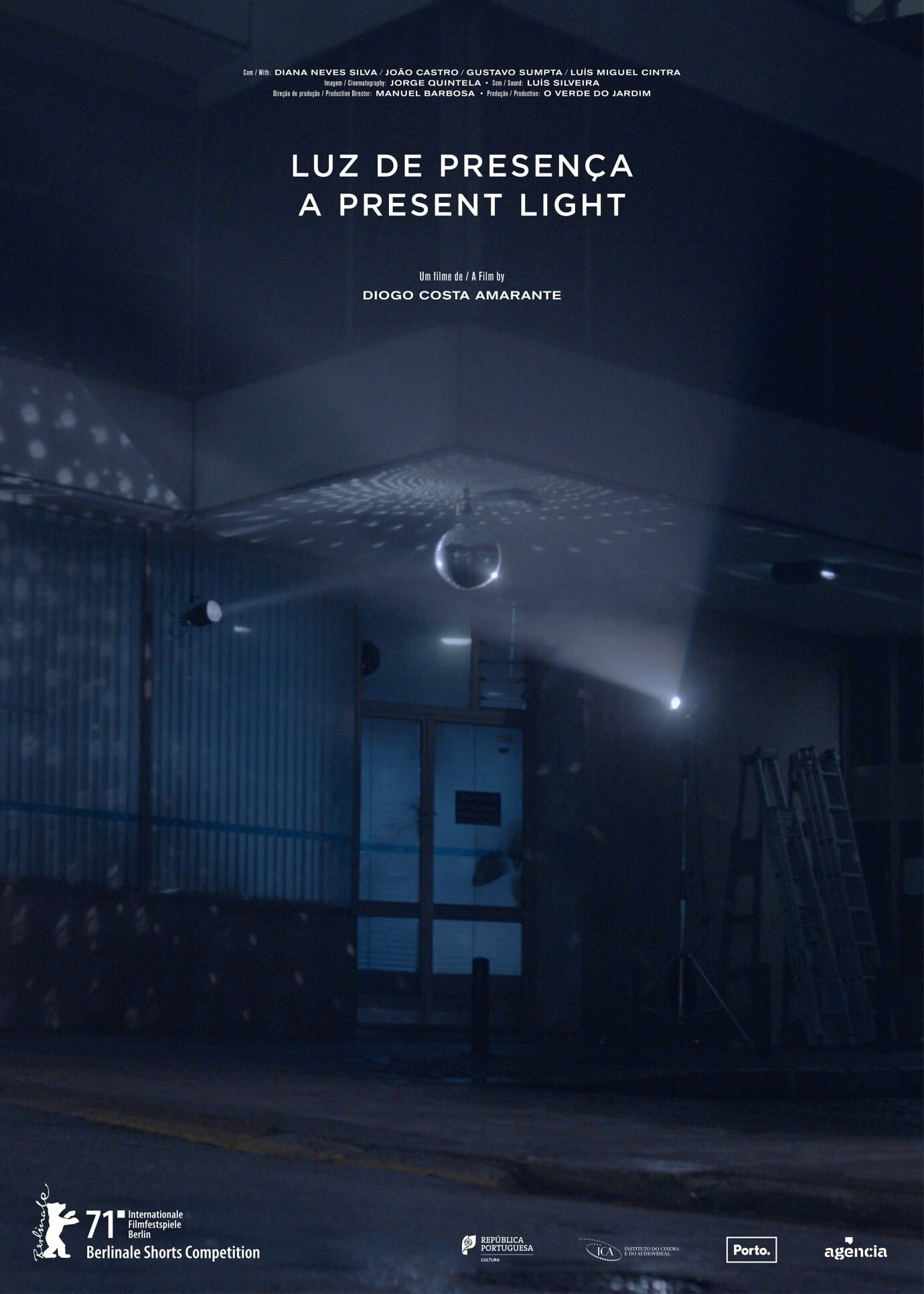
A Present Light
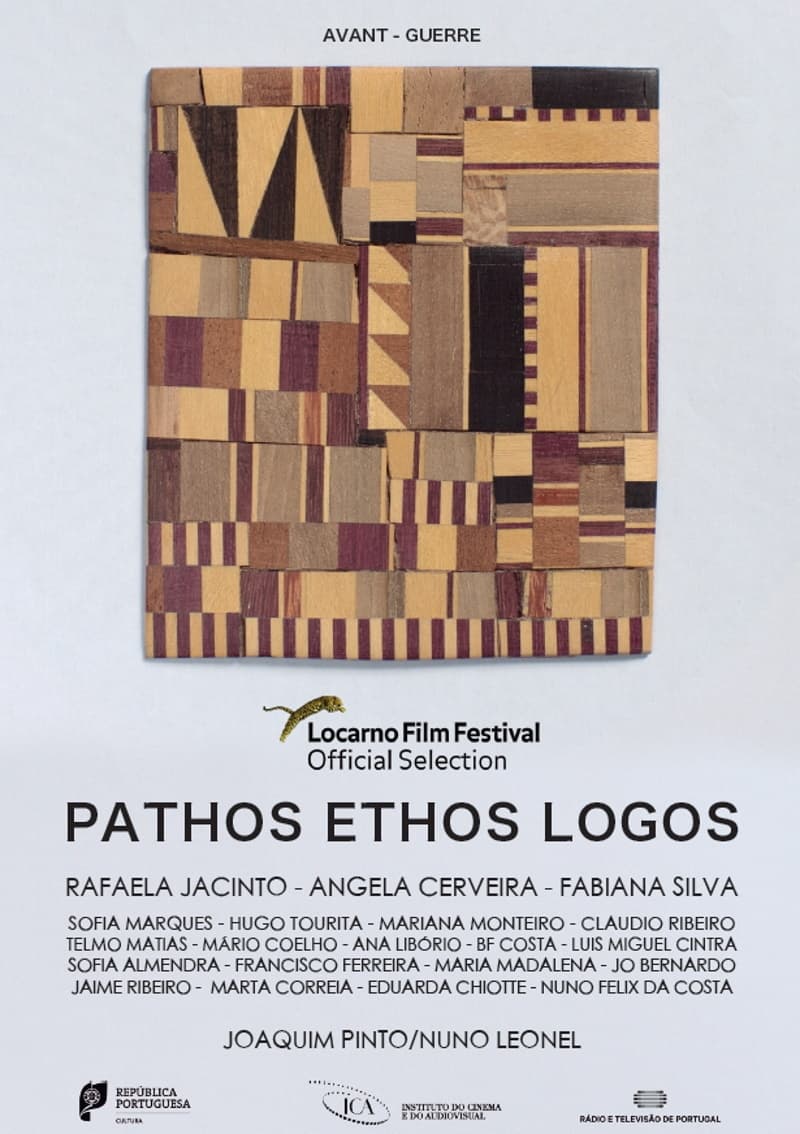
Pathos Ethos Logos
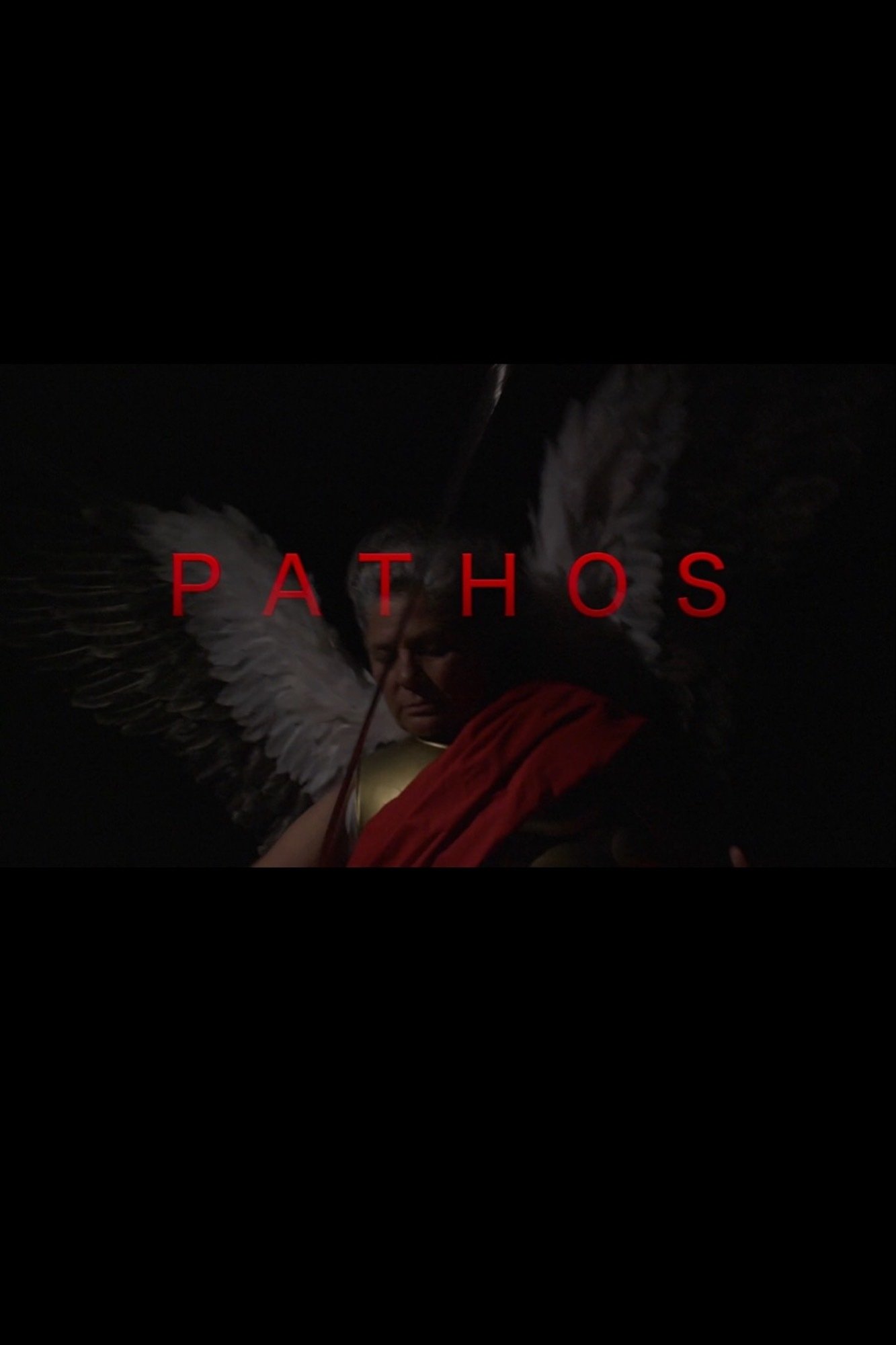
Pathos
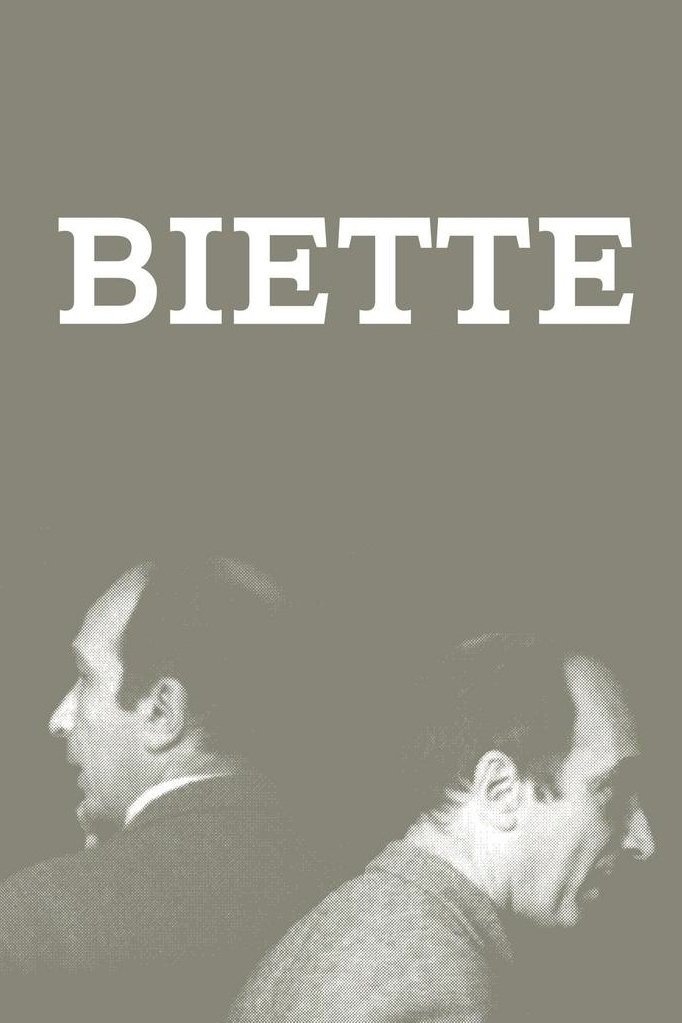
Biette
(Self)
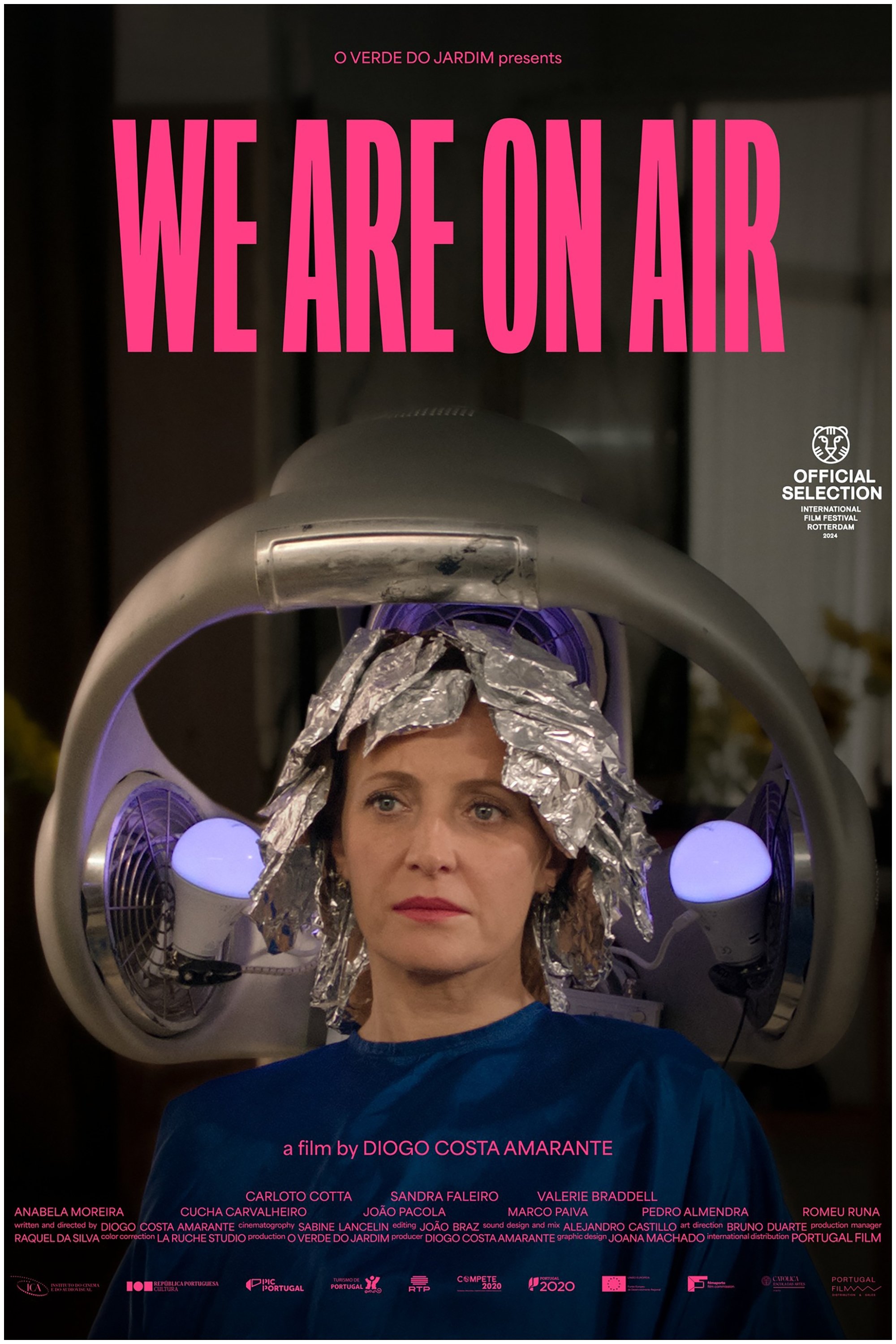
We Are on Air
(Voz)
The Enclosure of Time
(Louis Canterel)
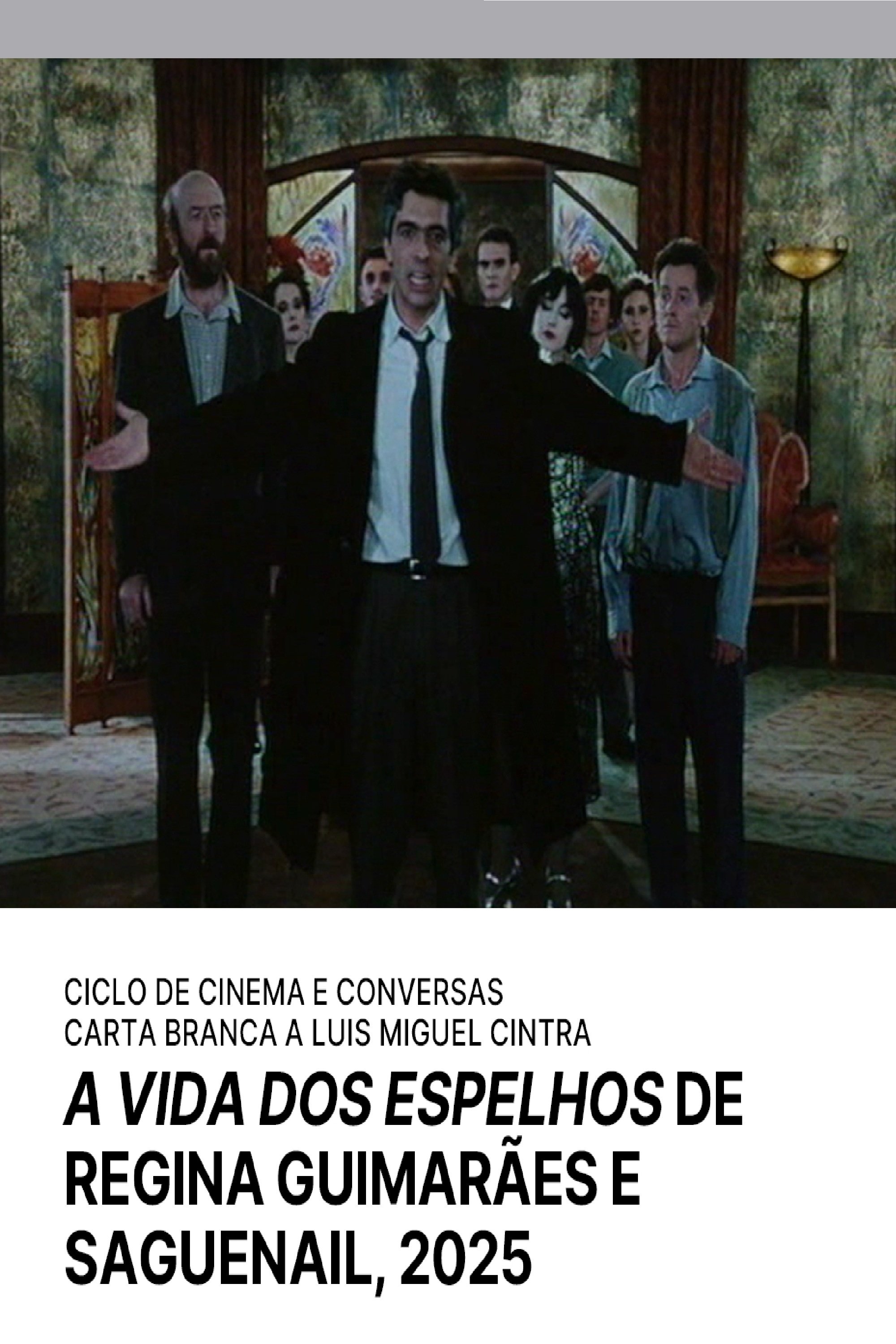
The Life of Mirrors
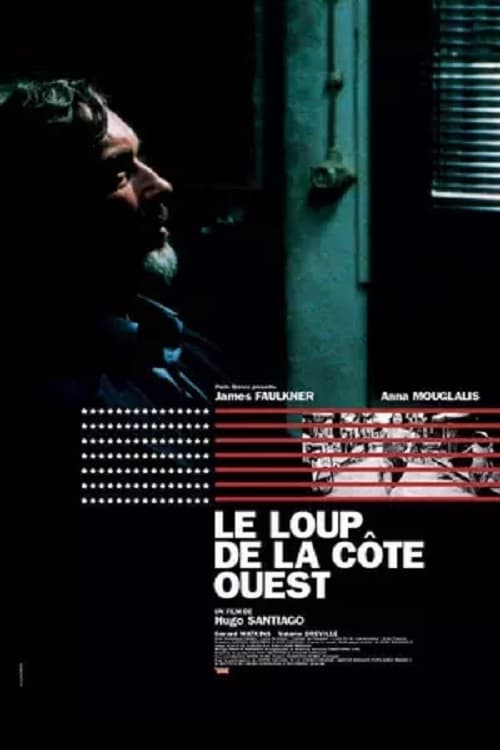
The Wolf of the West Coast
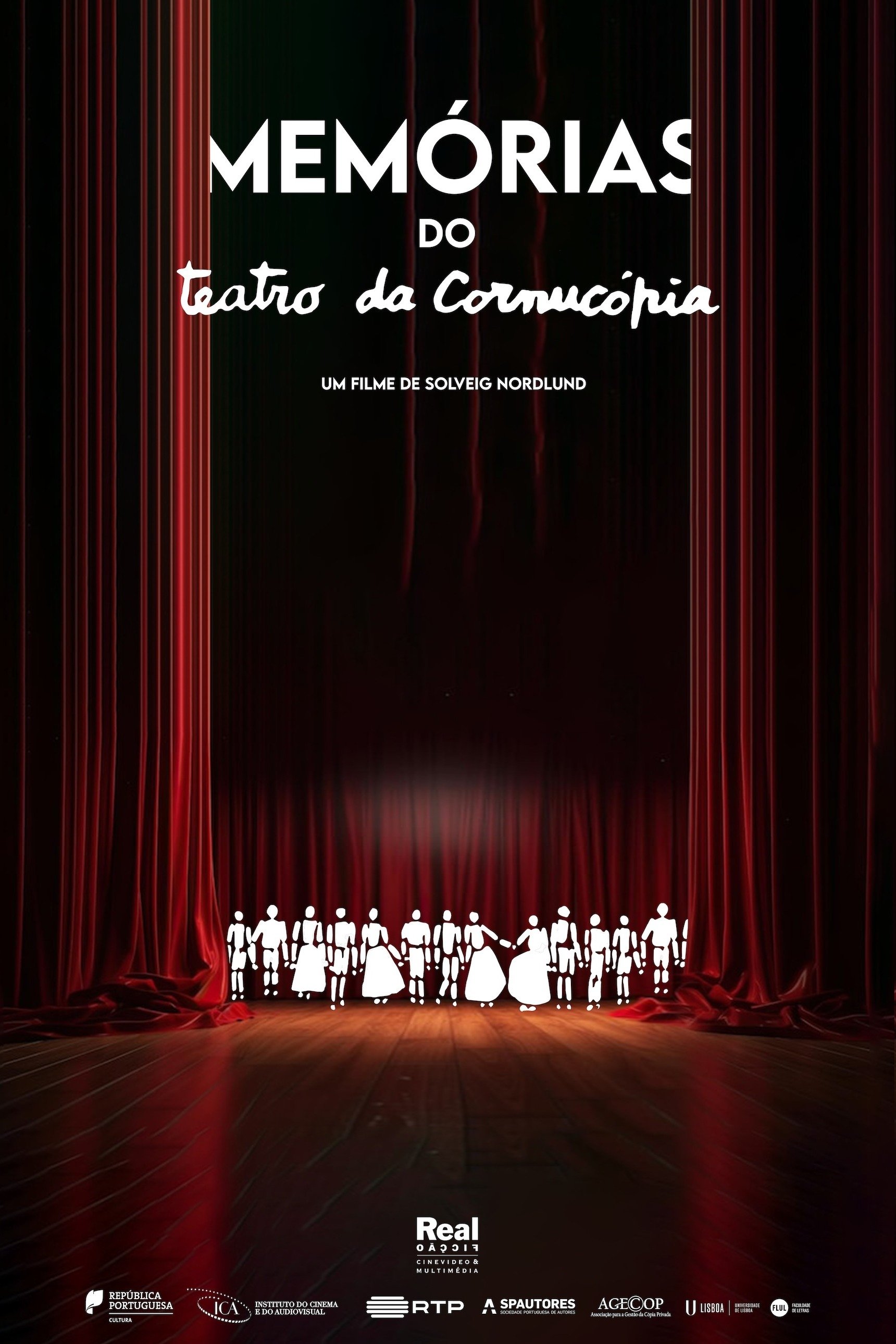
Memoirs of Teatro da Cornucópia
A Morte do Príncipe
Pas Perdus
((voice))
Os 25 Anos do Teatro da Cornucópia
(Himself)
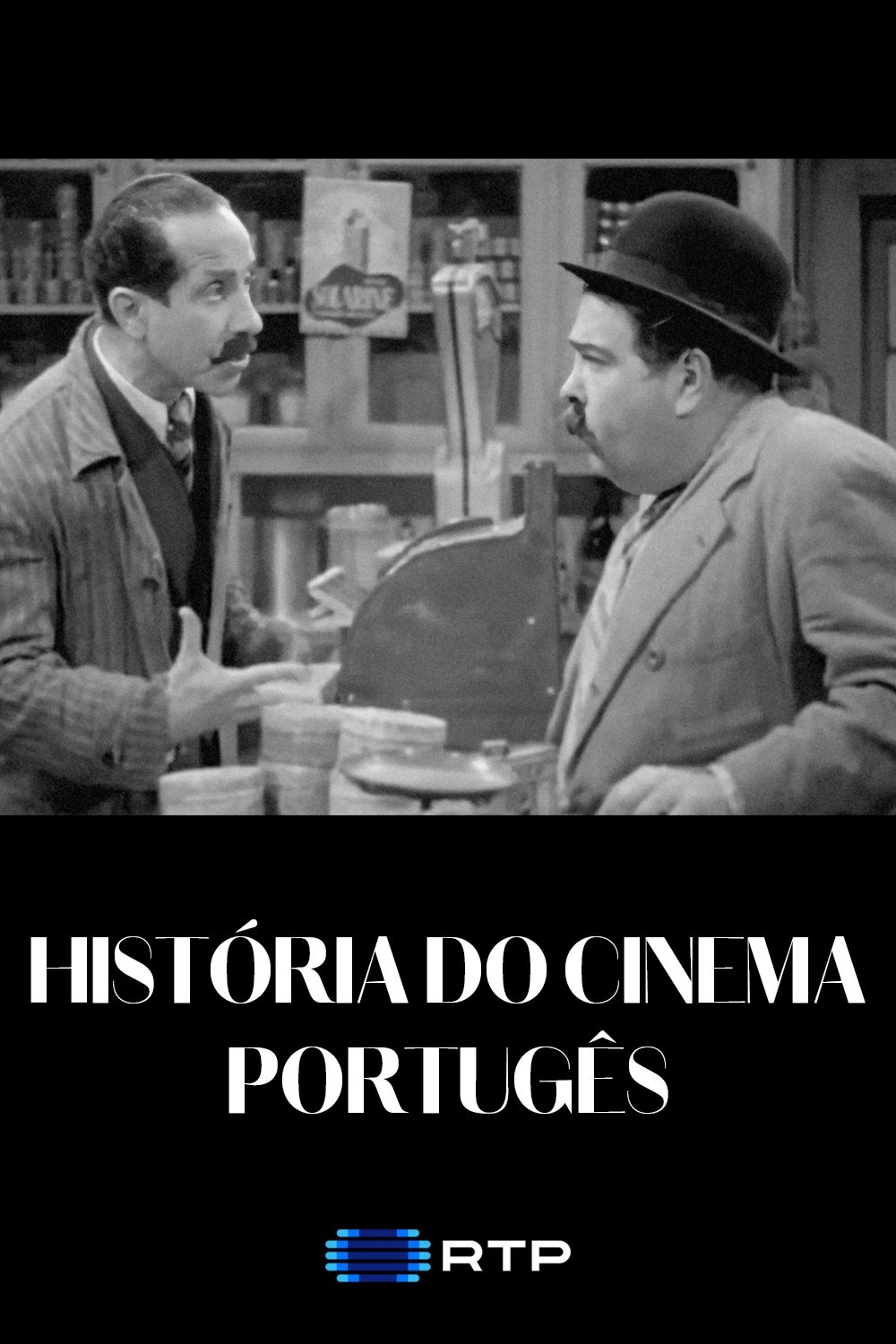
História do Cinema Português